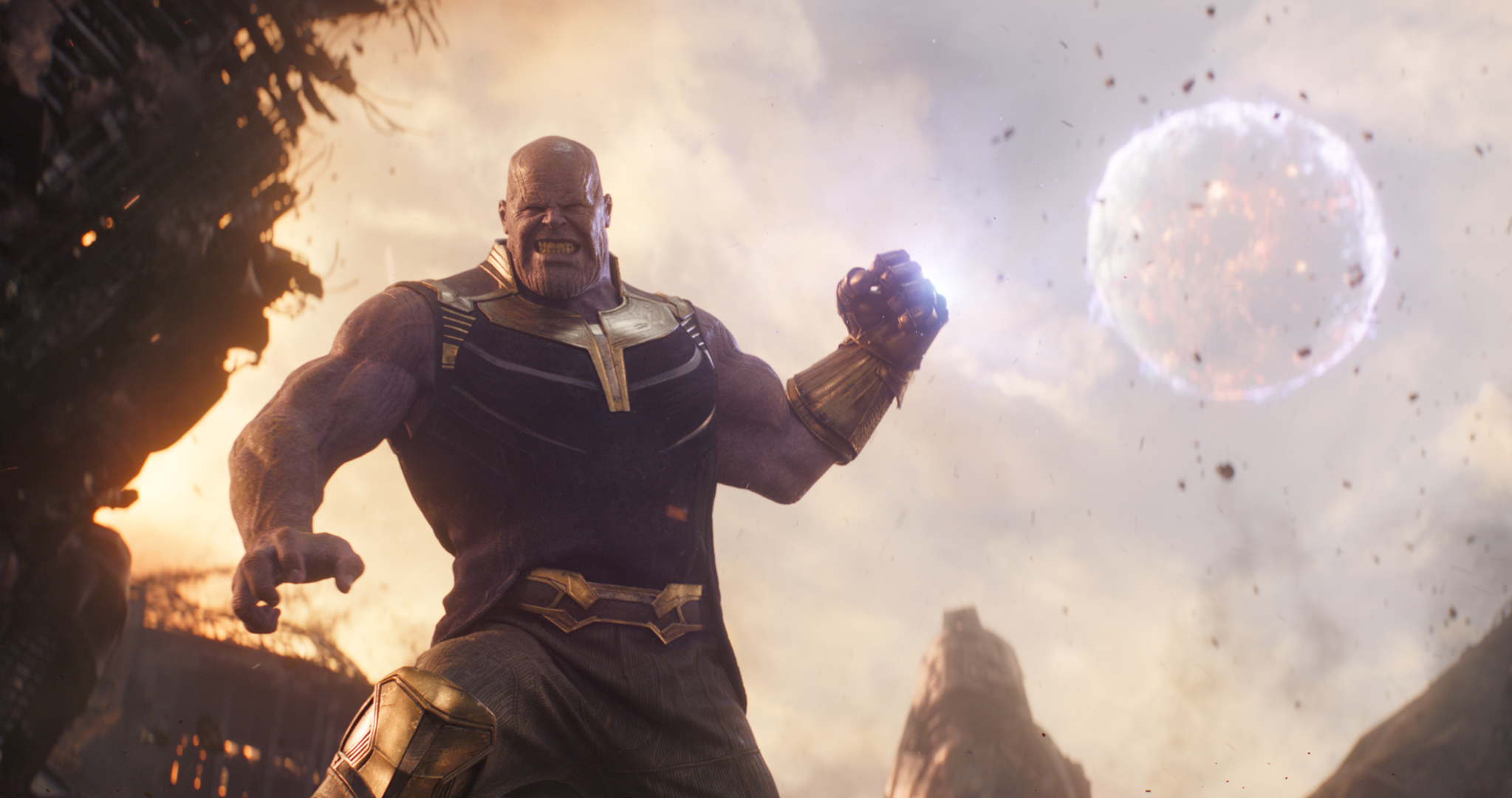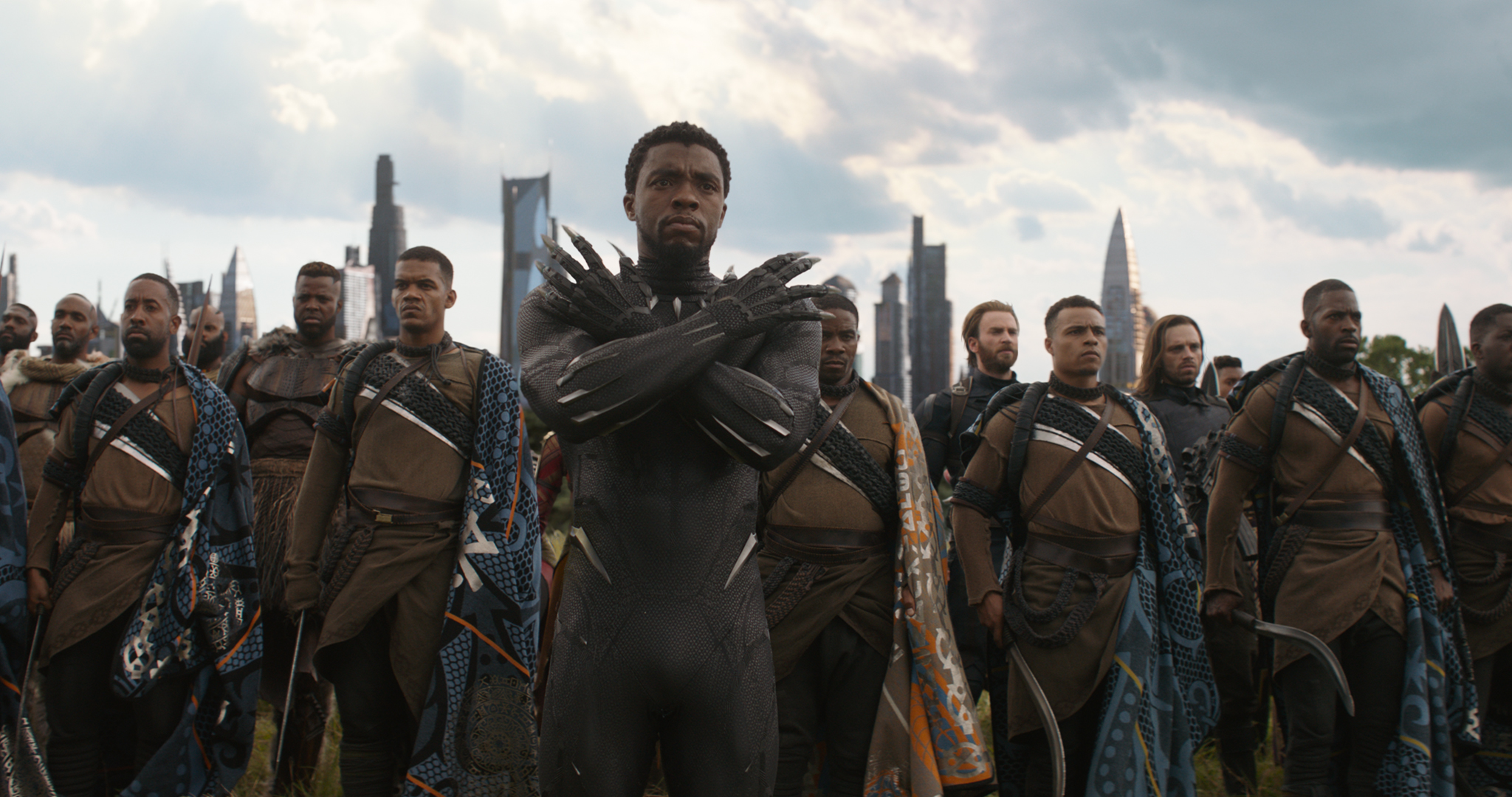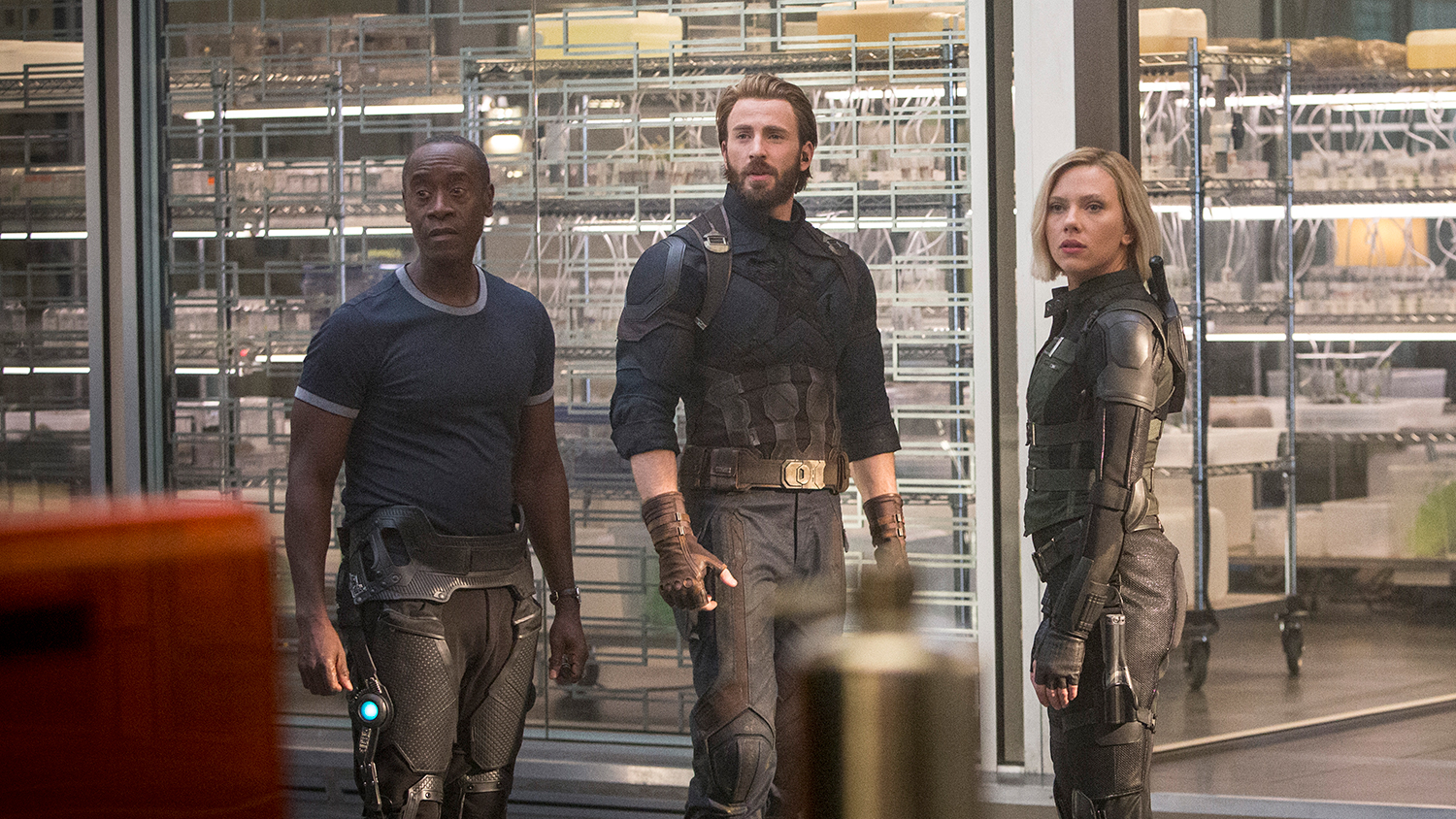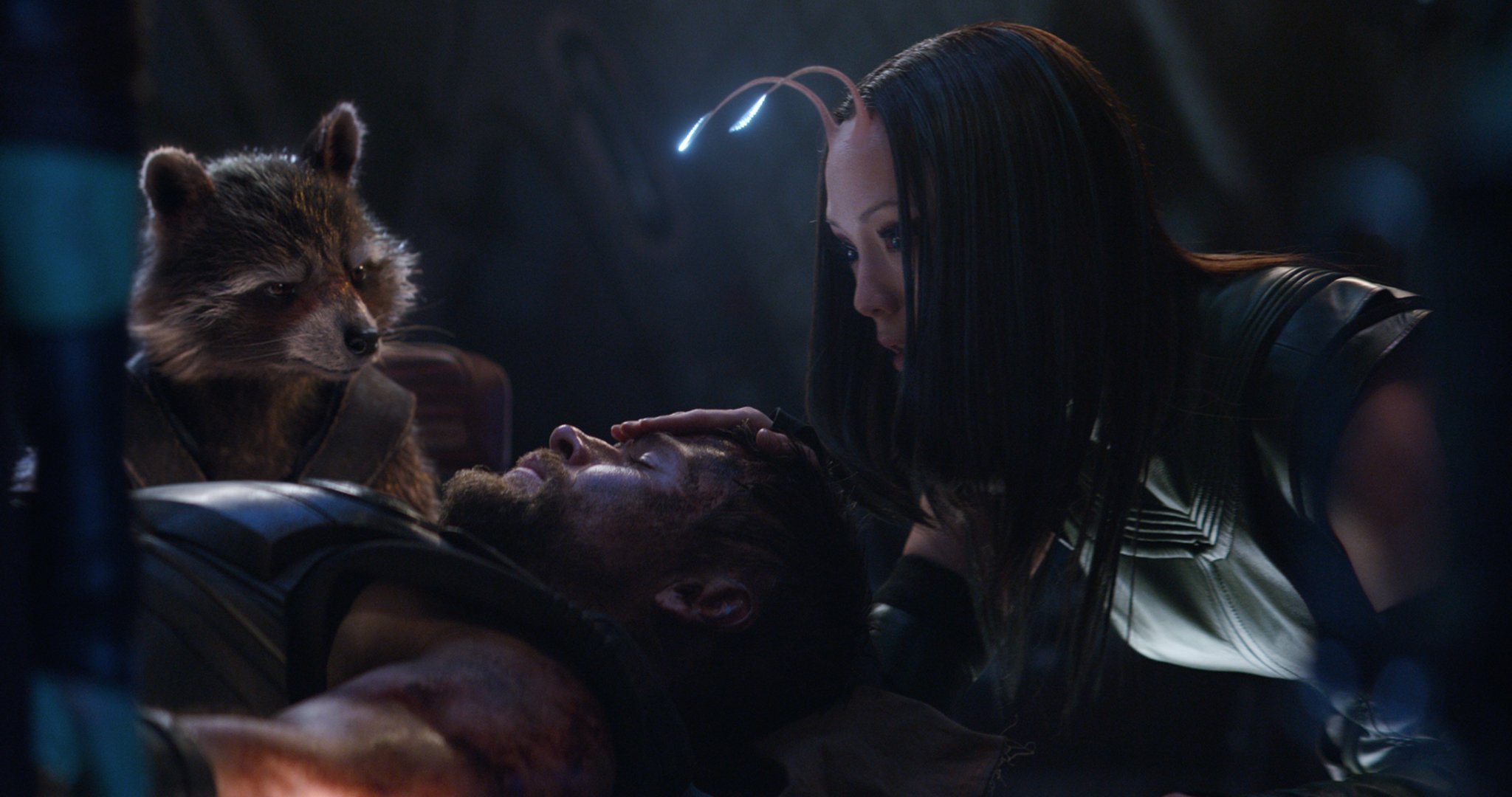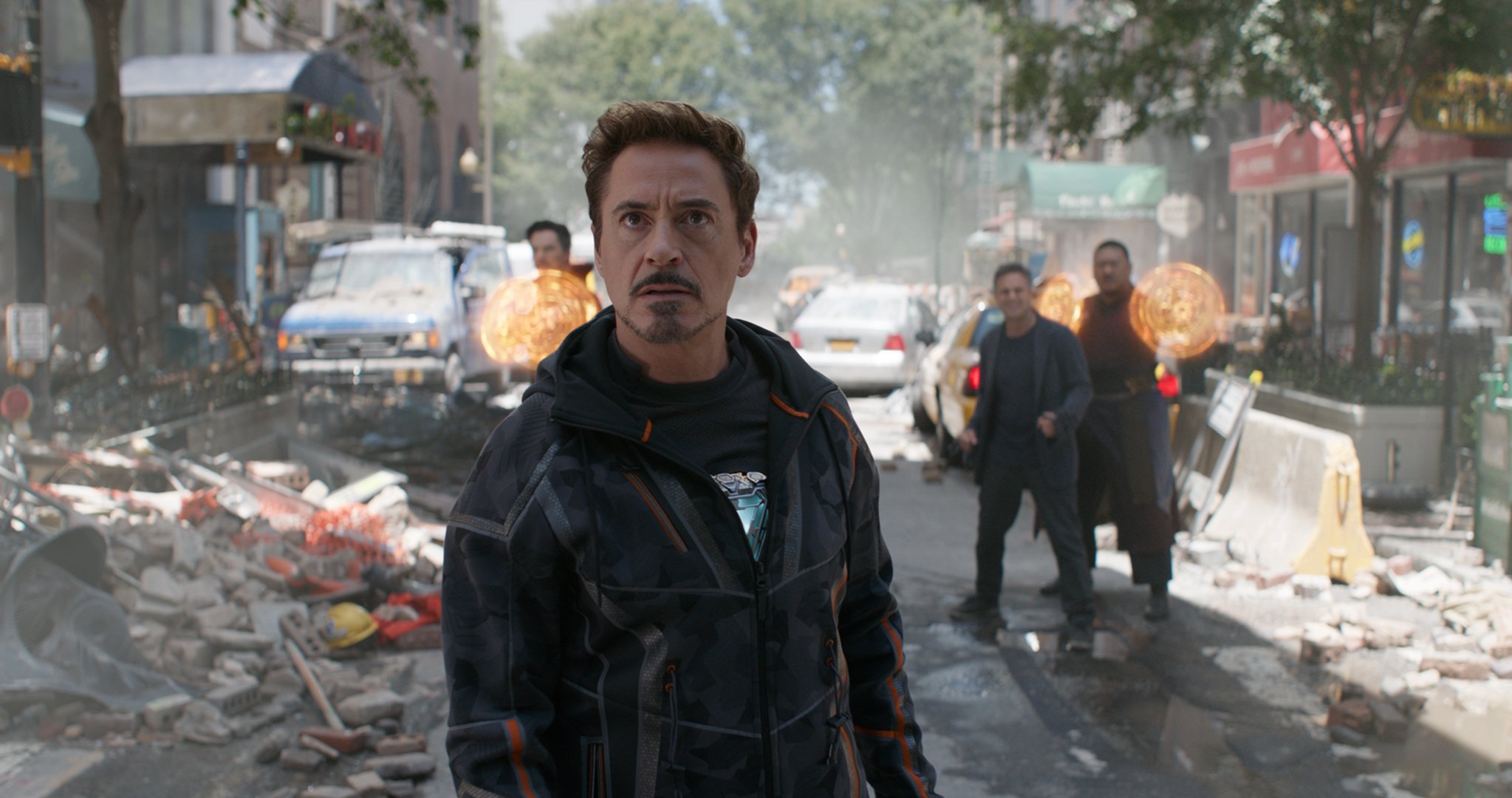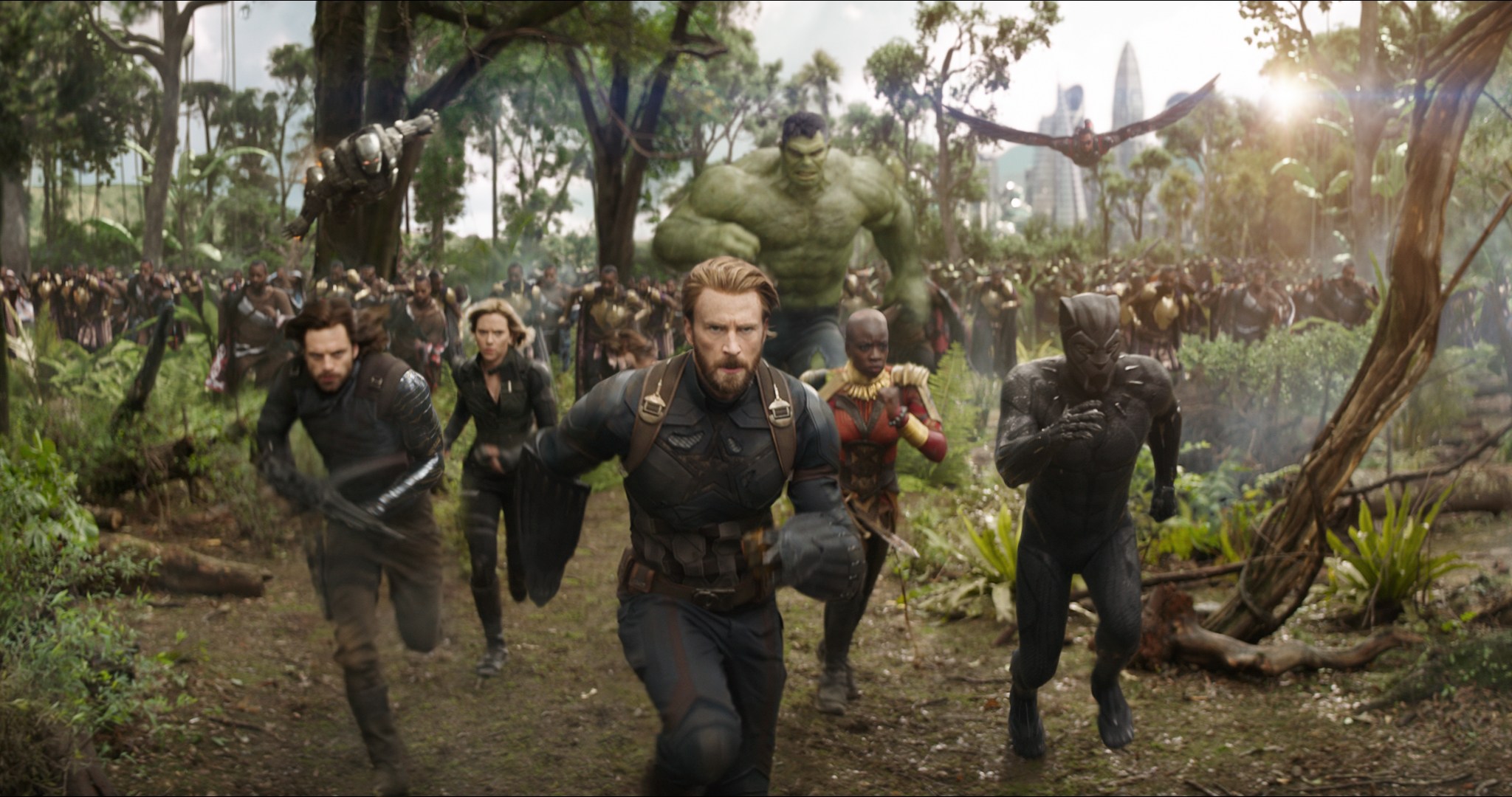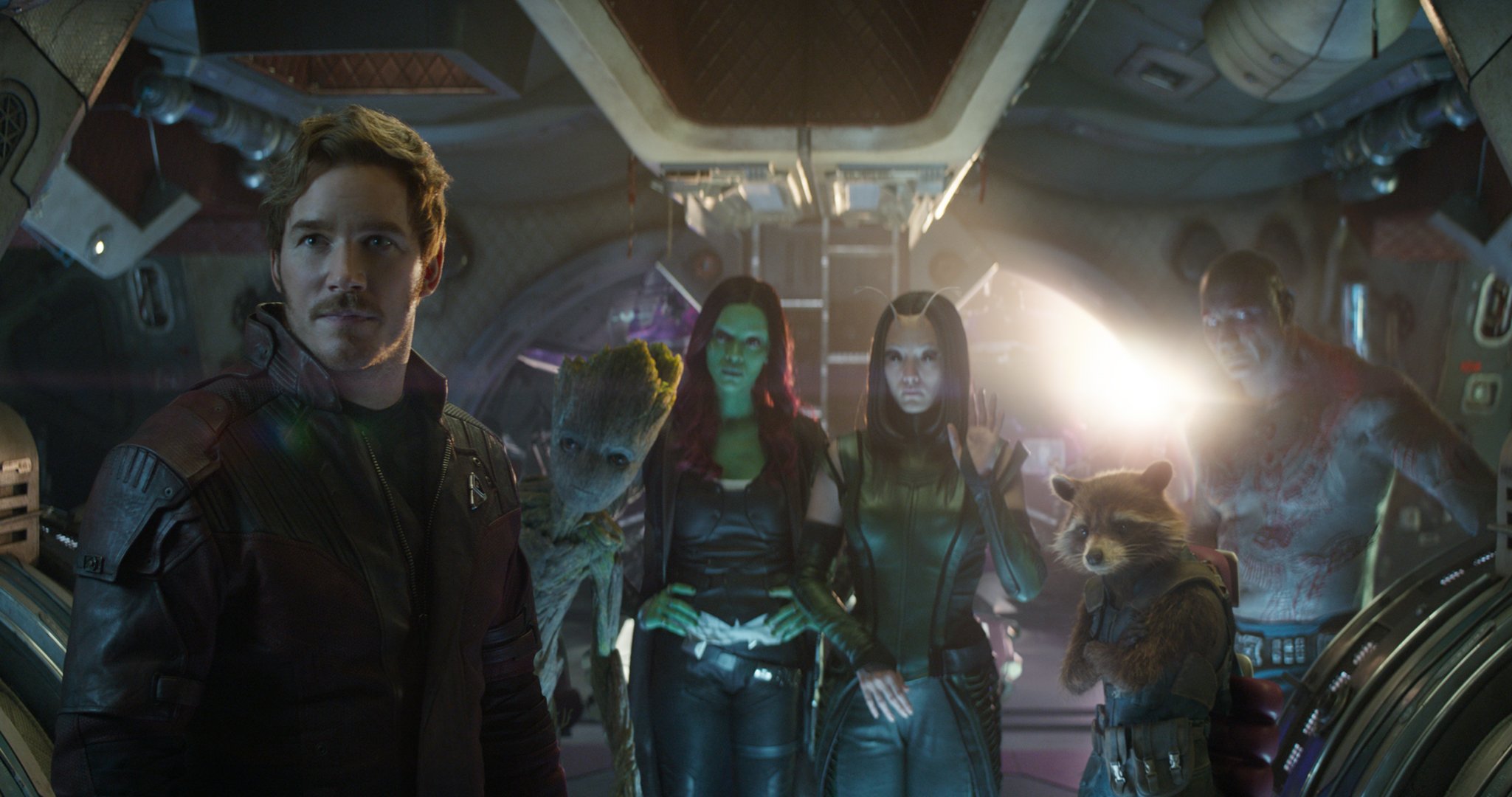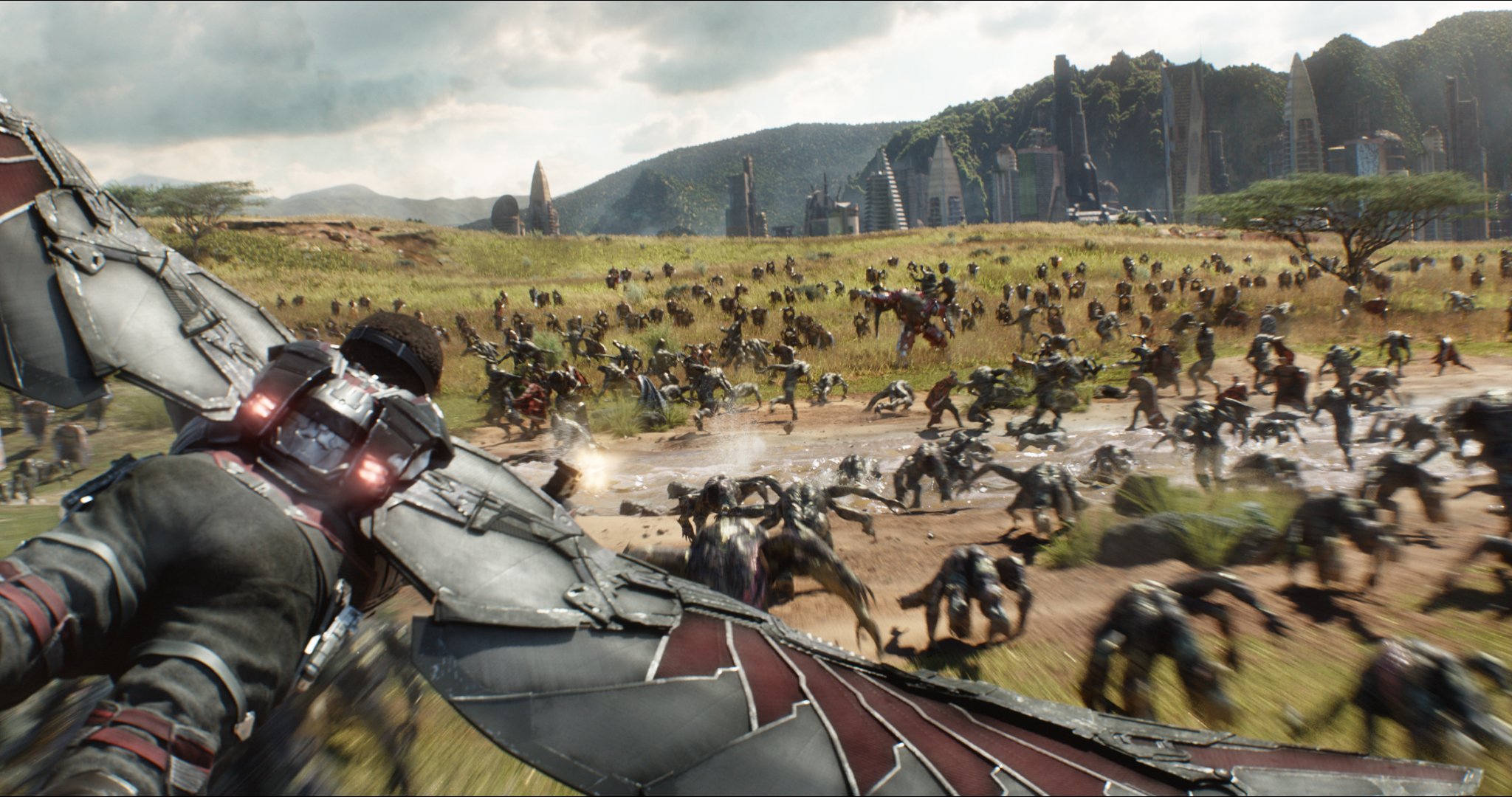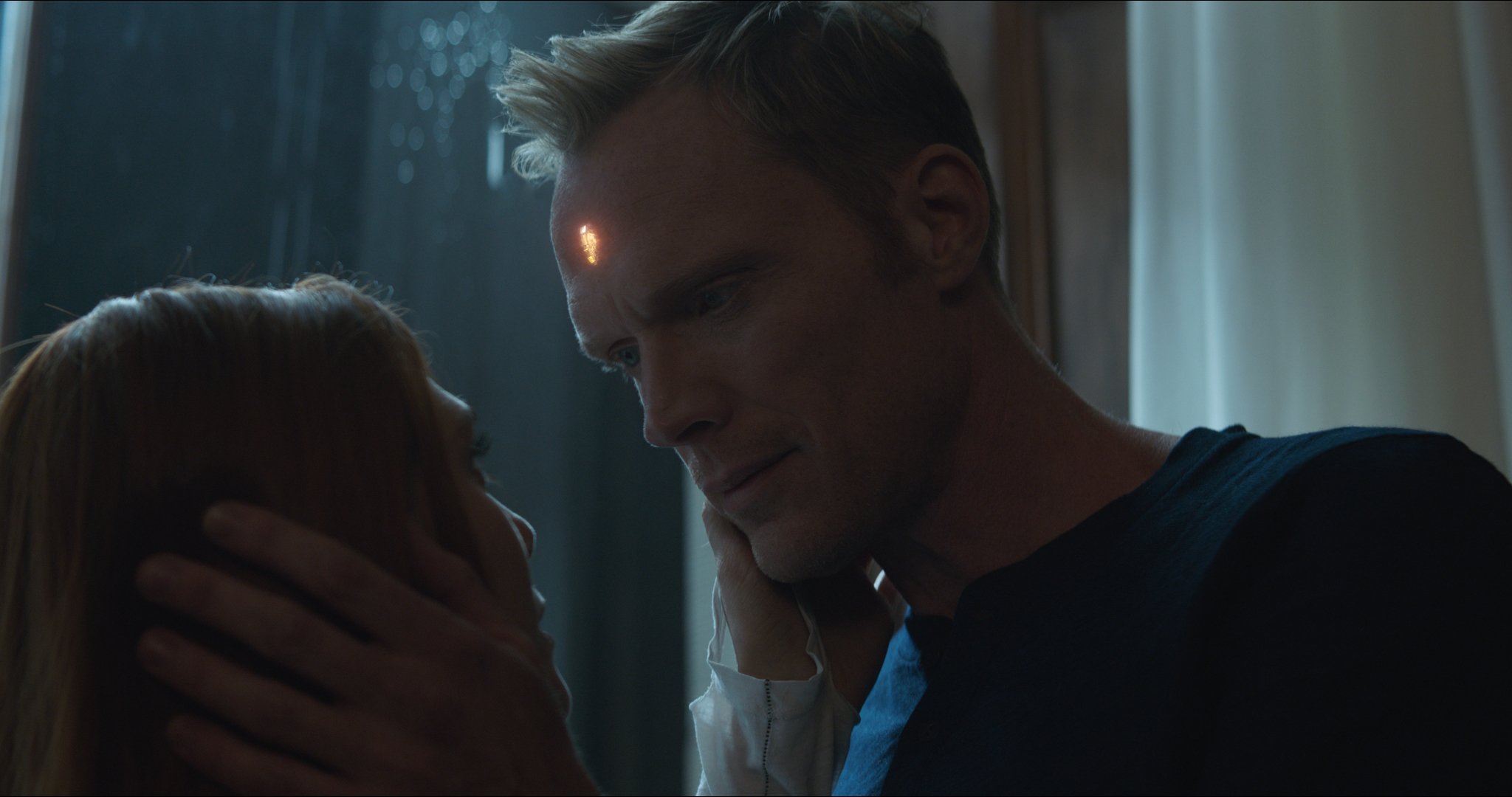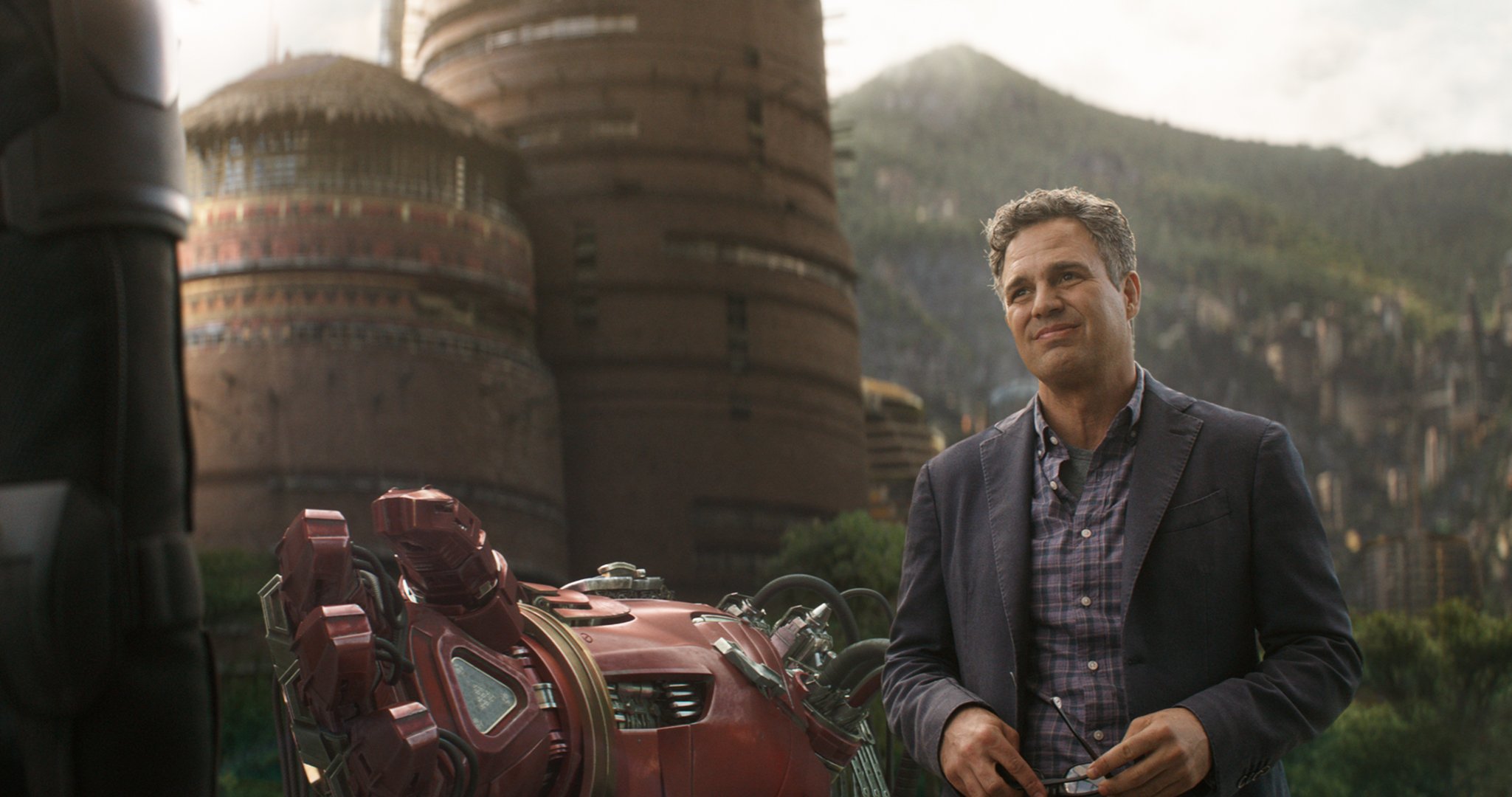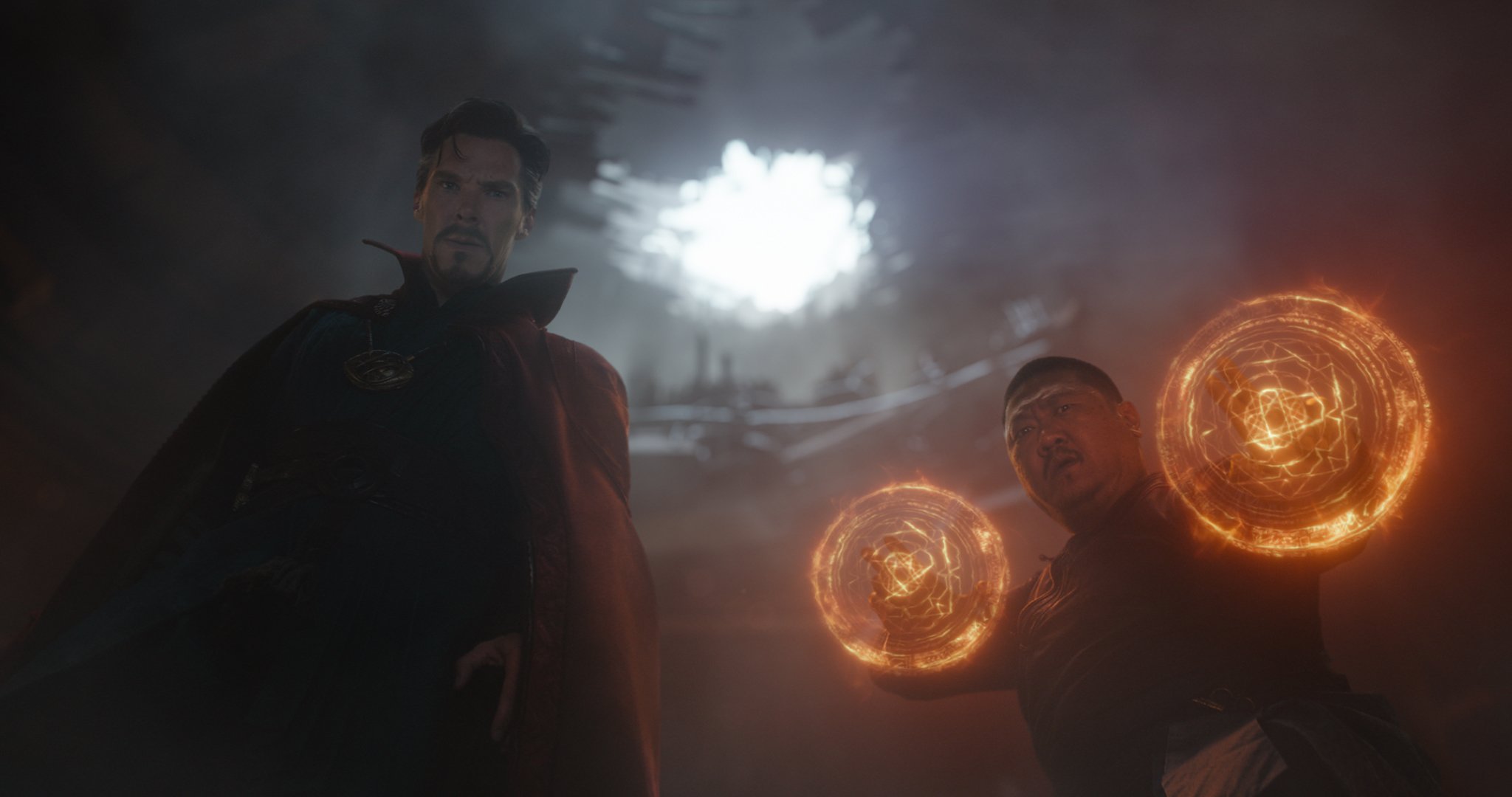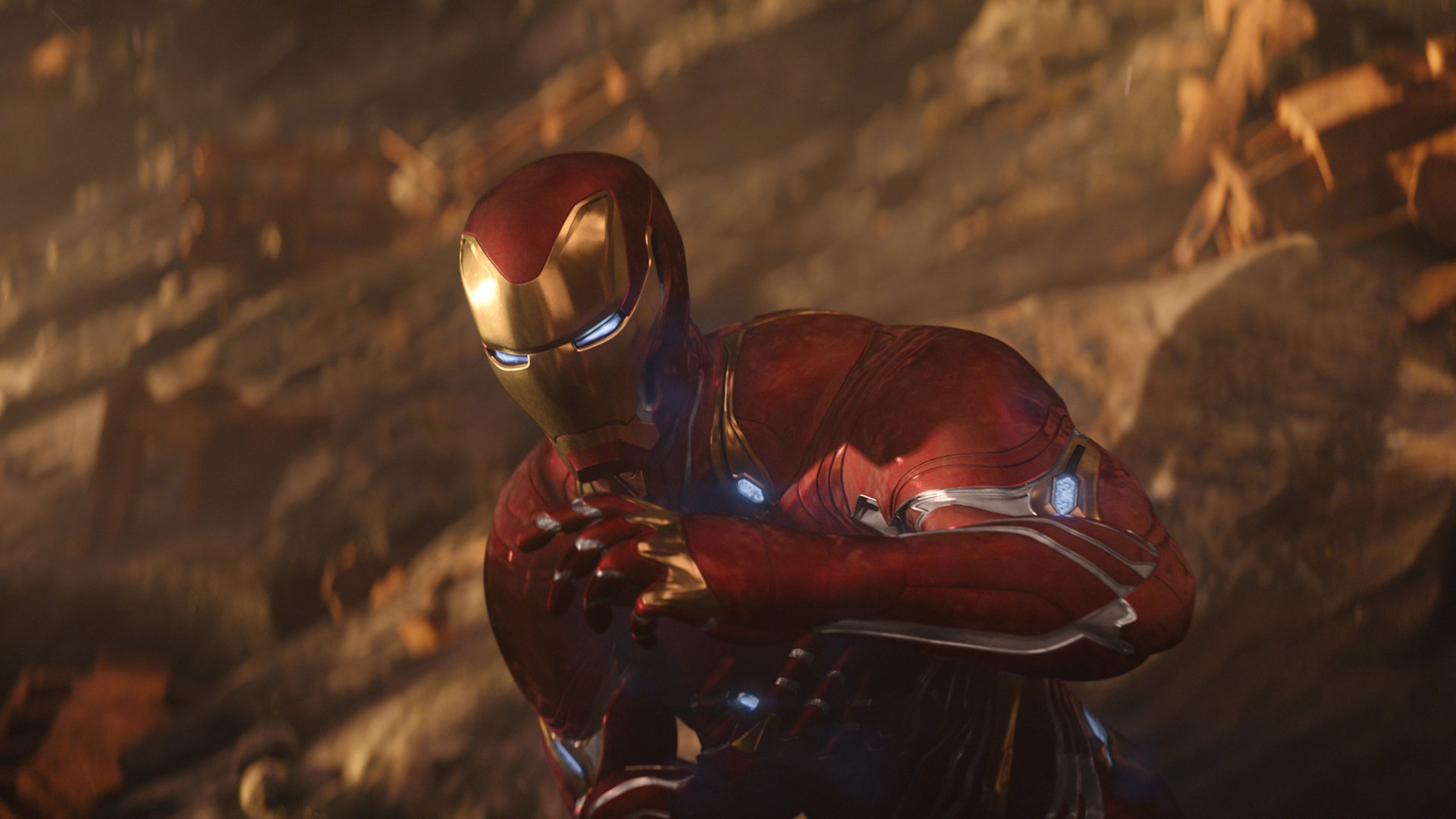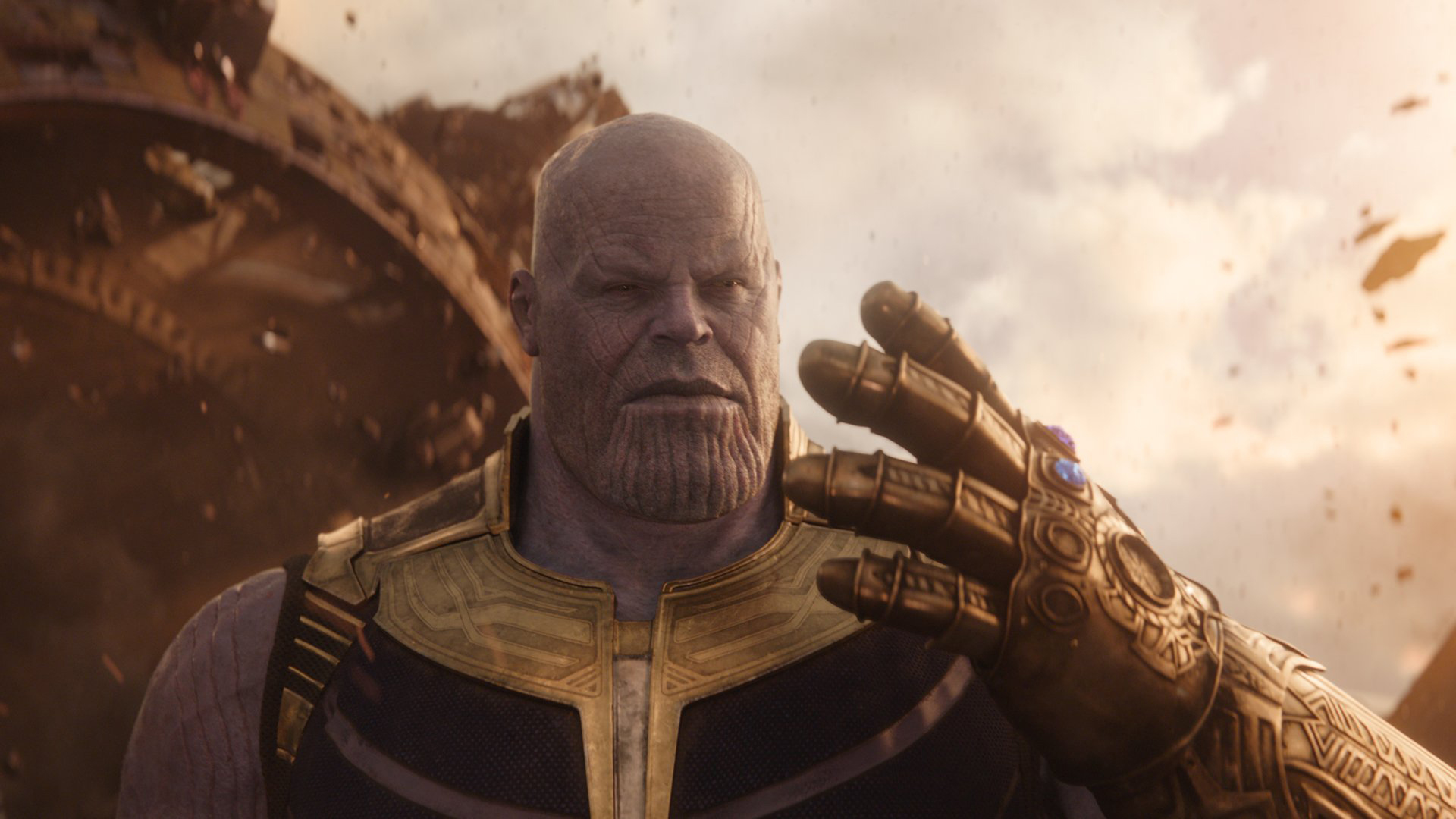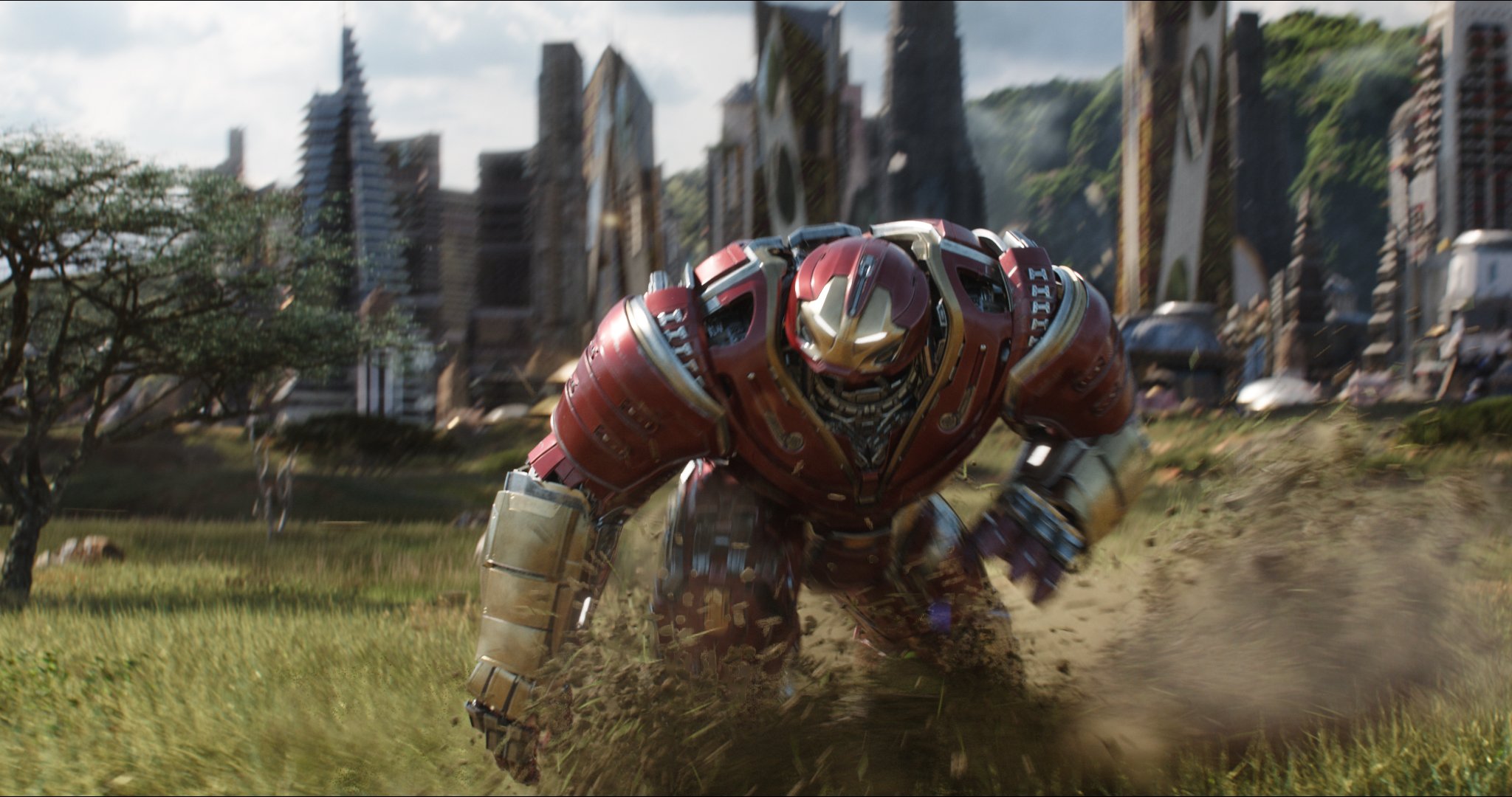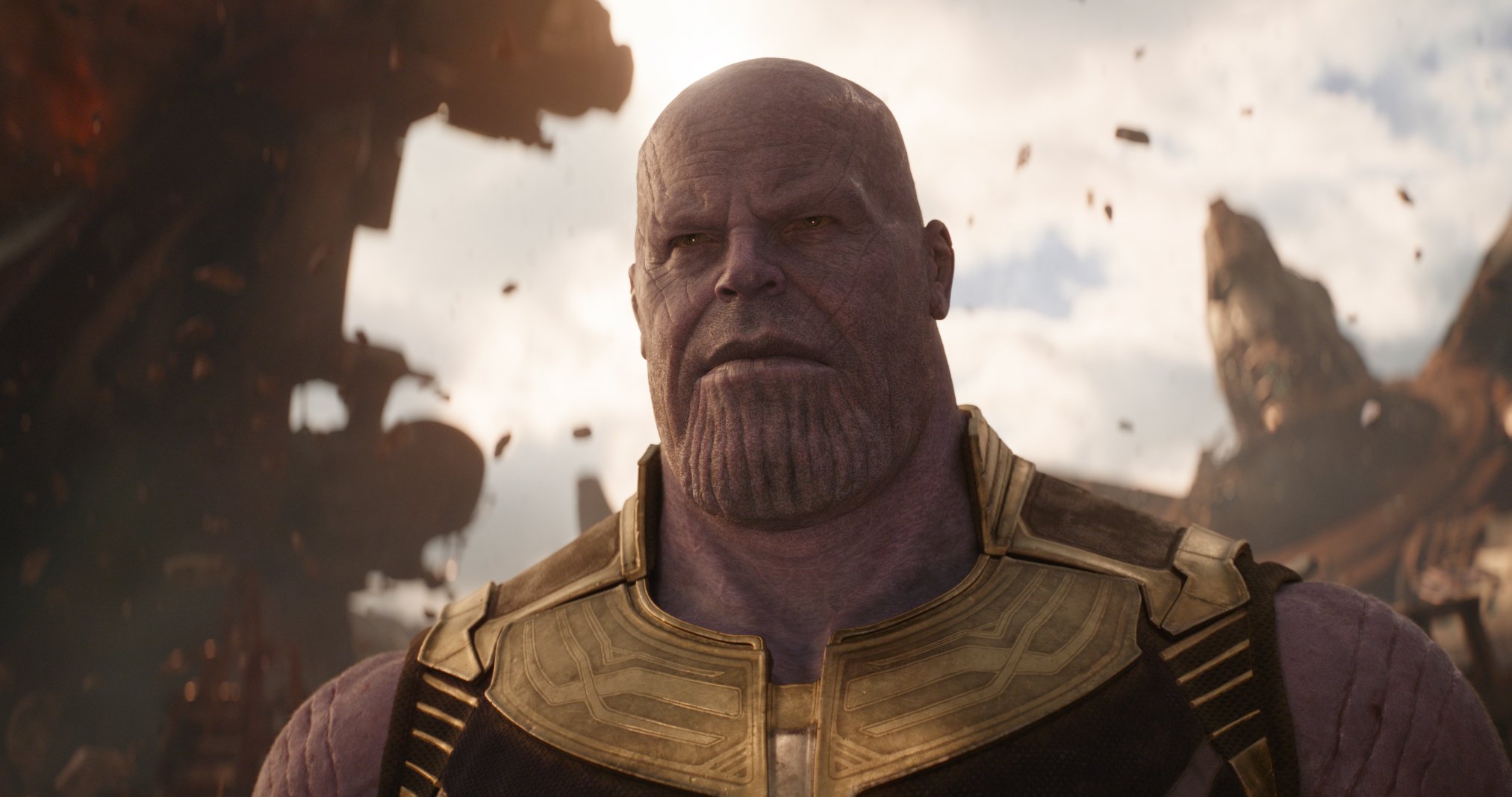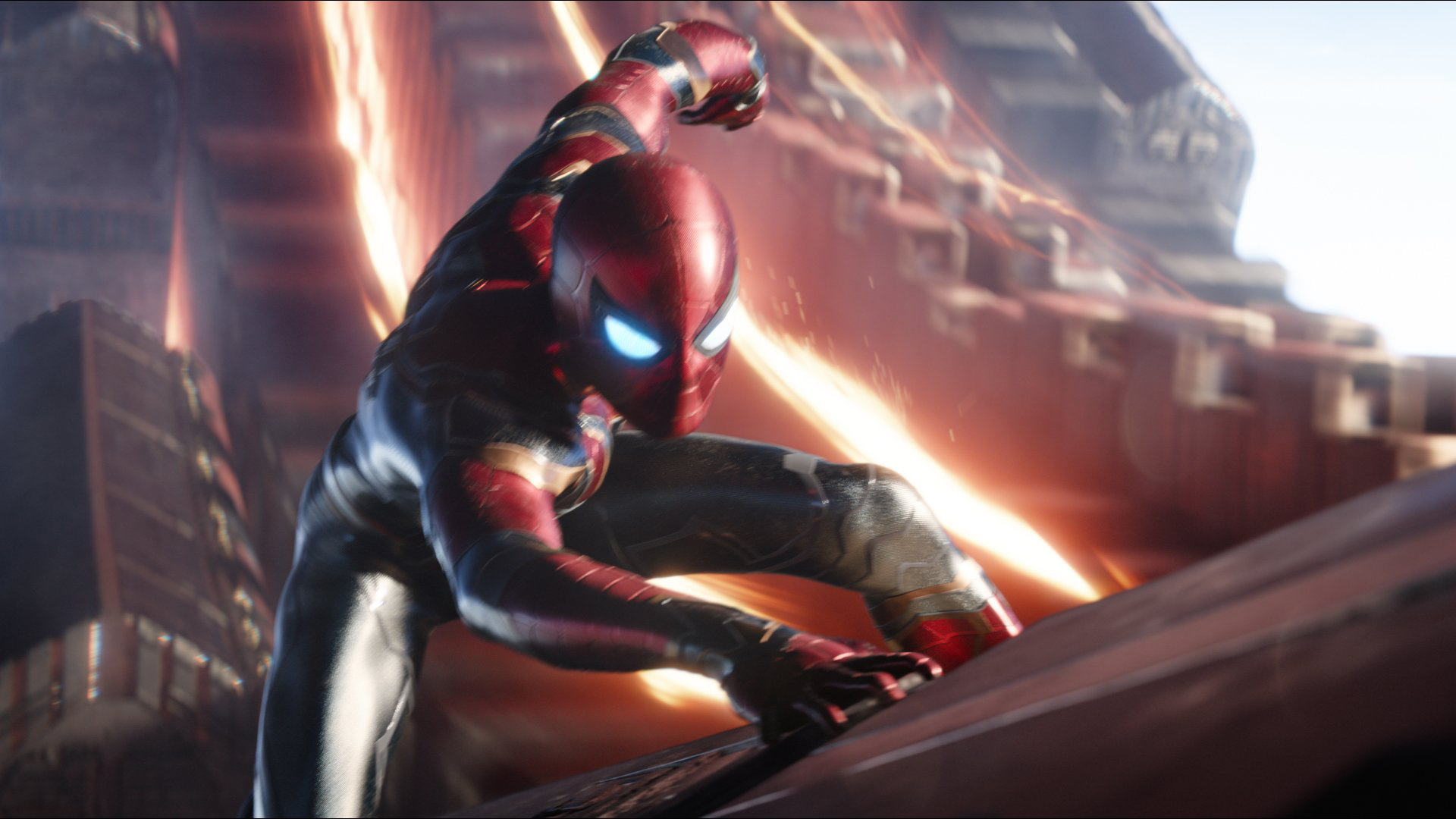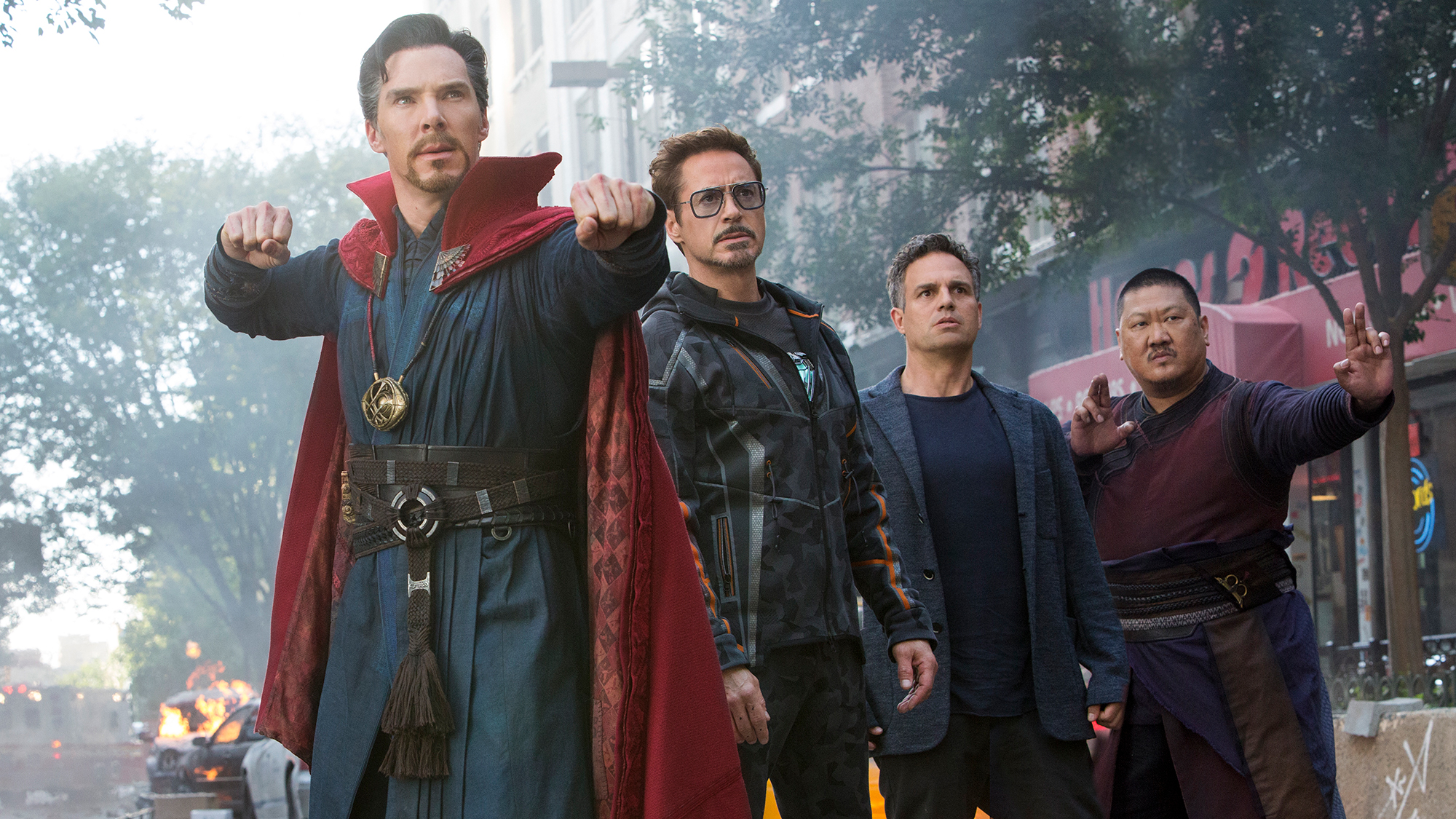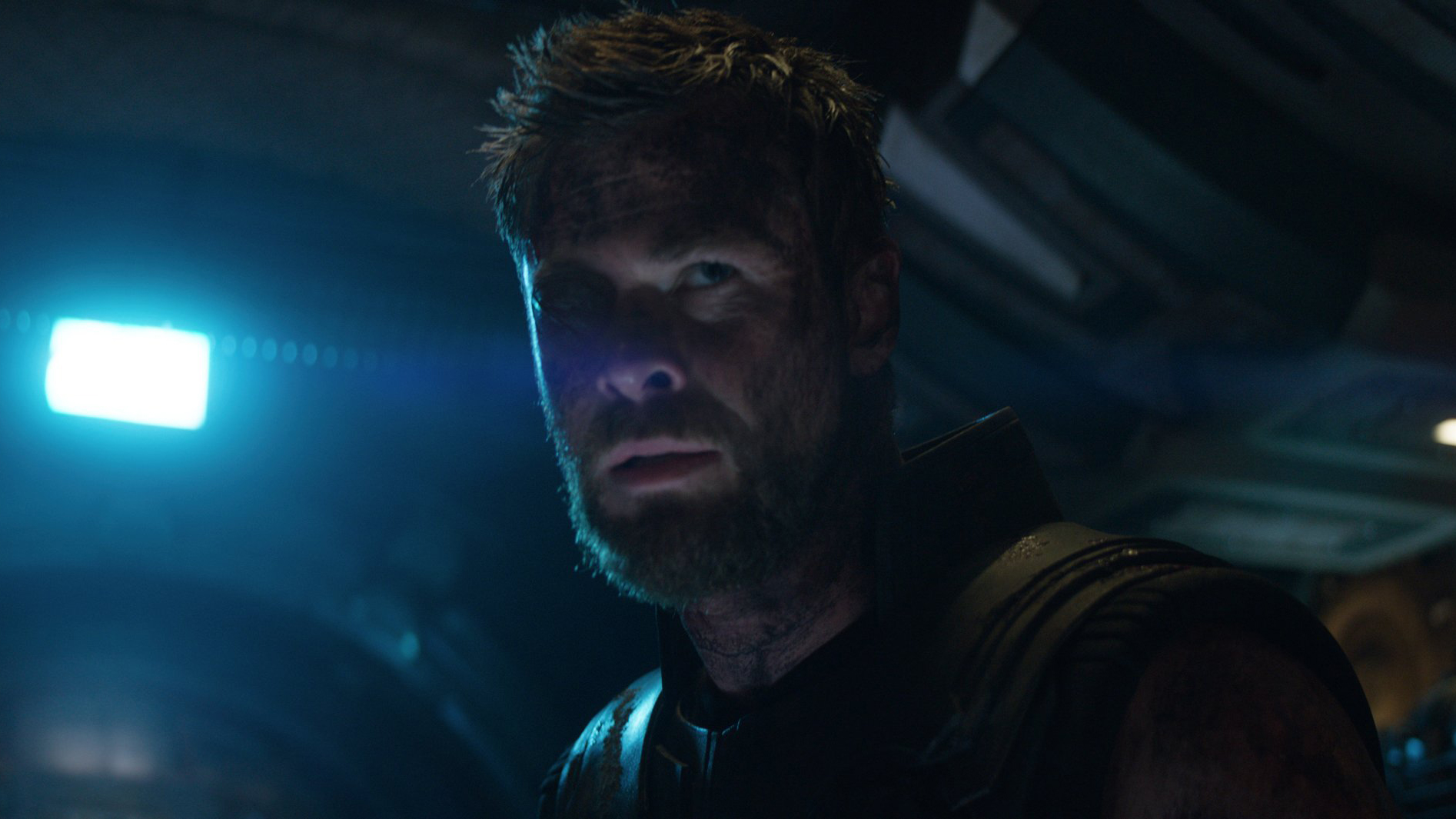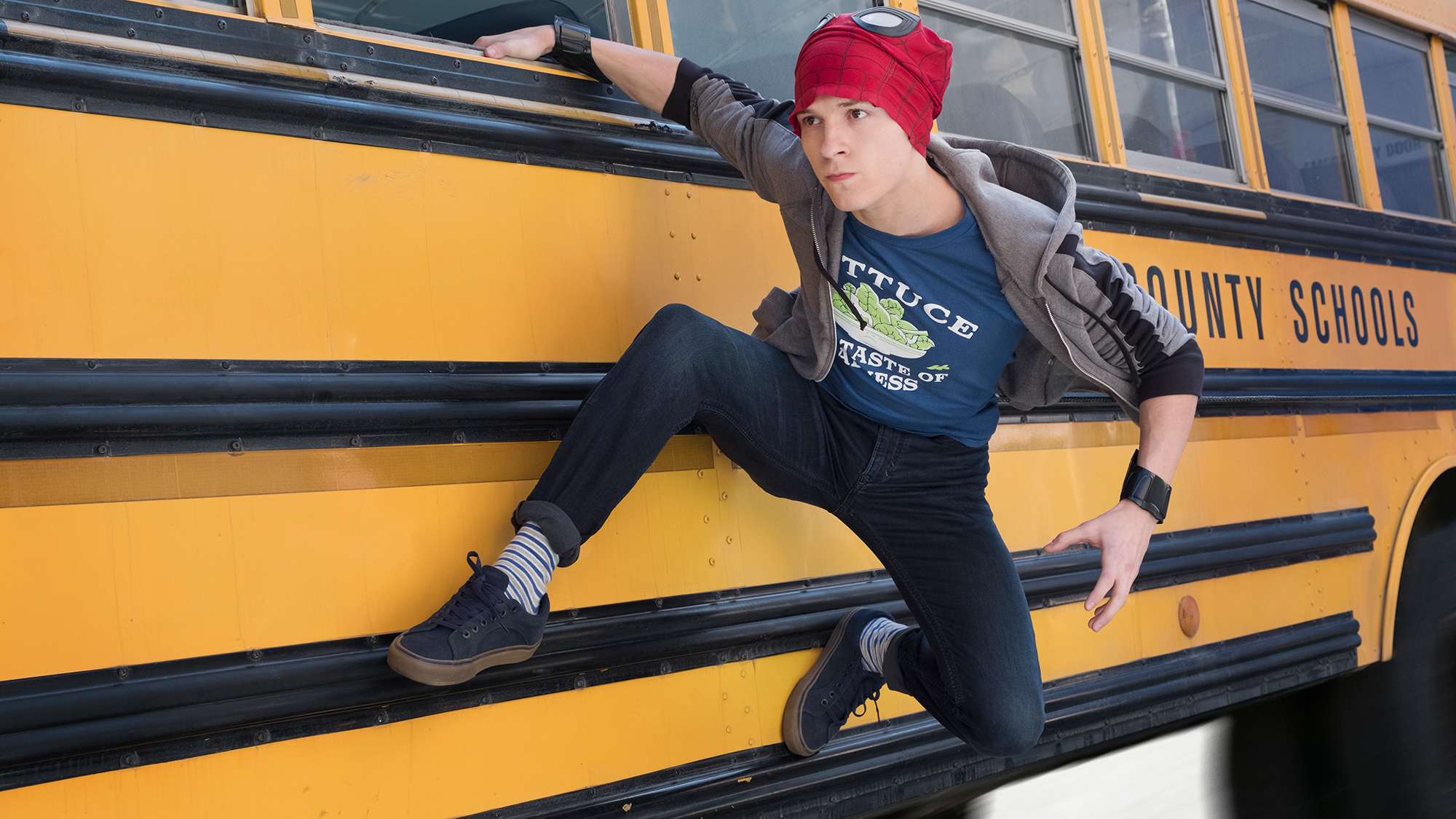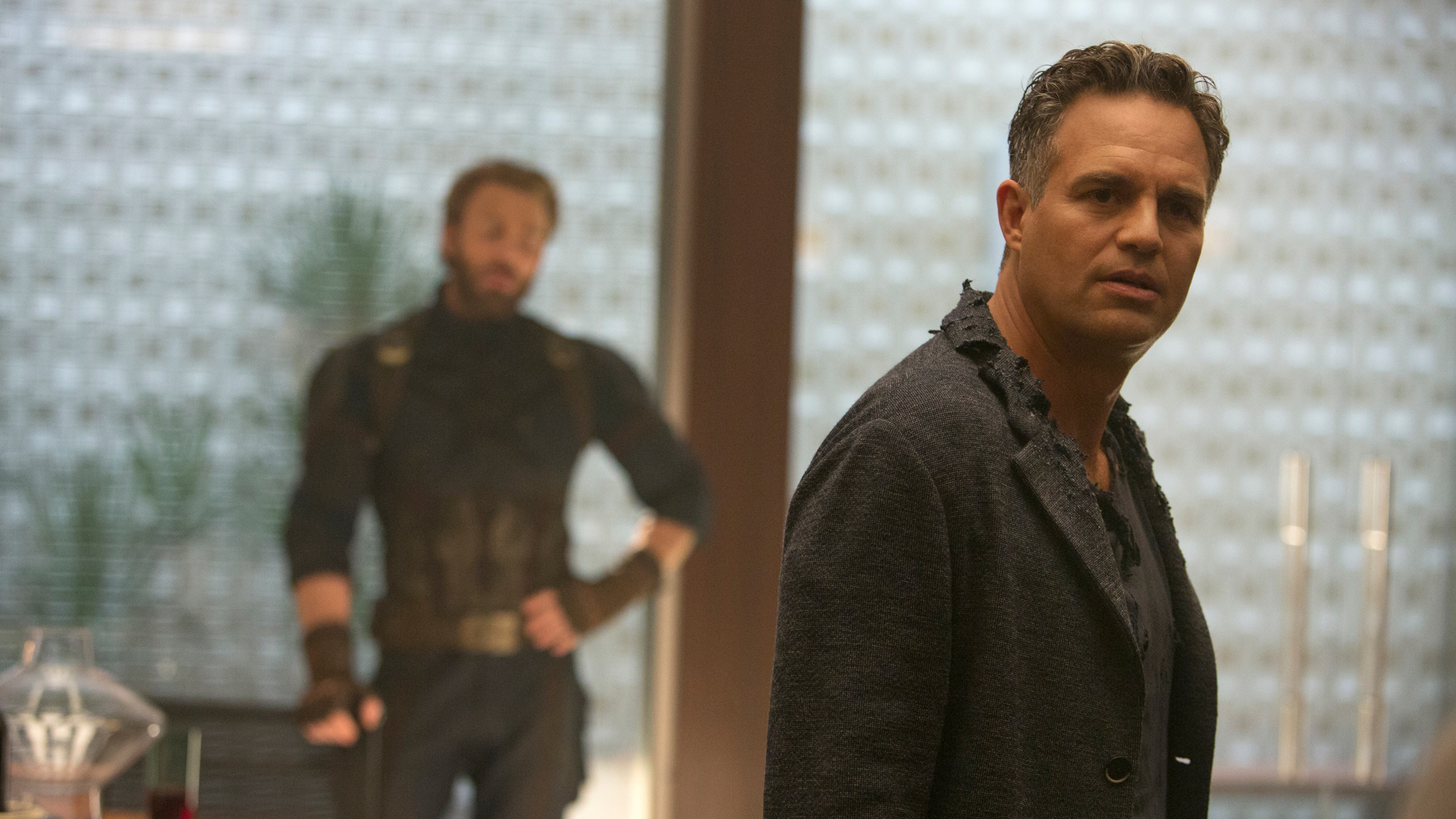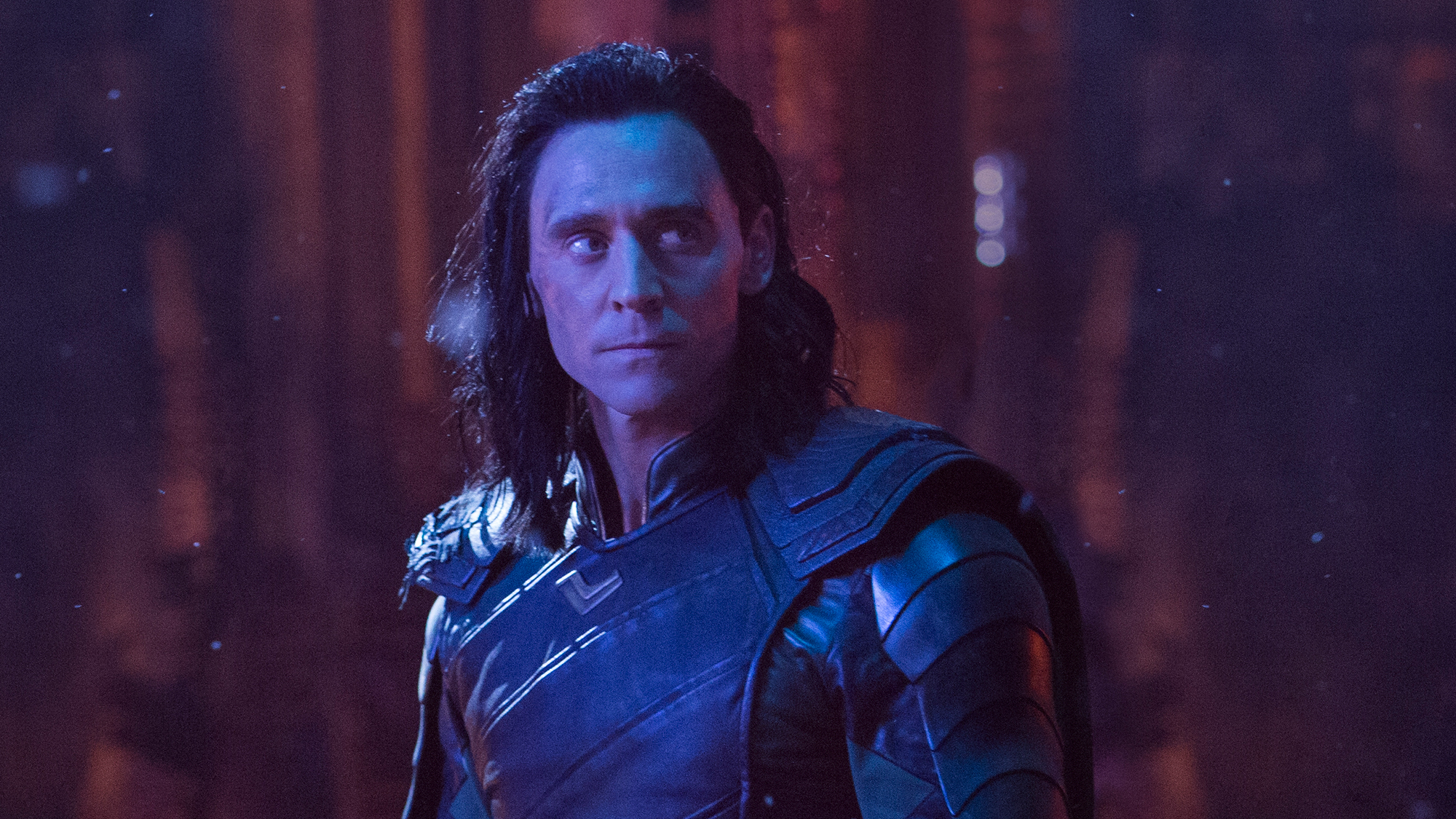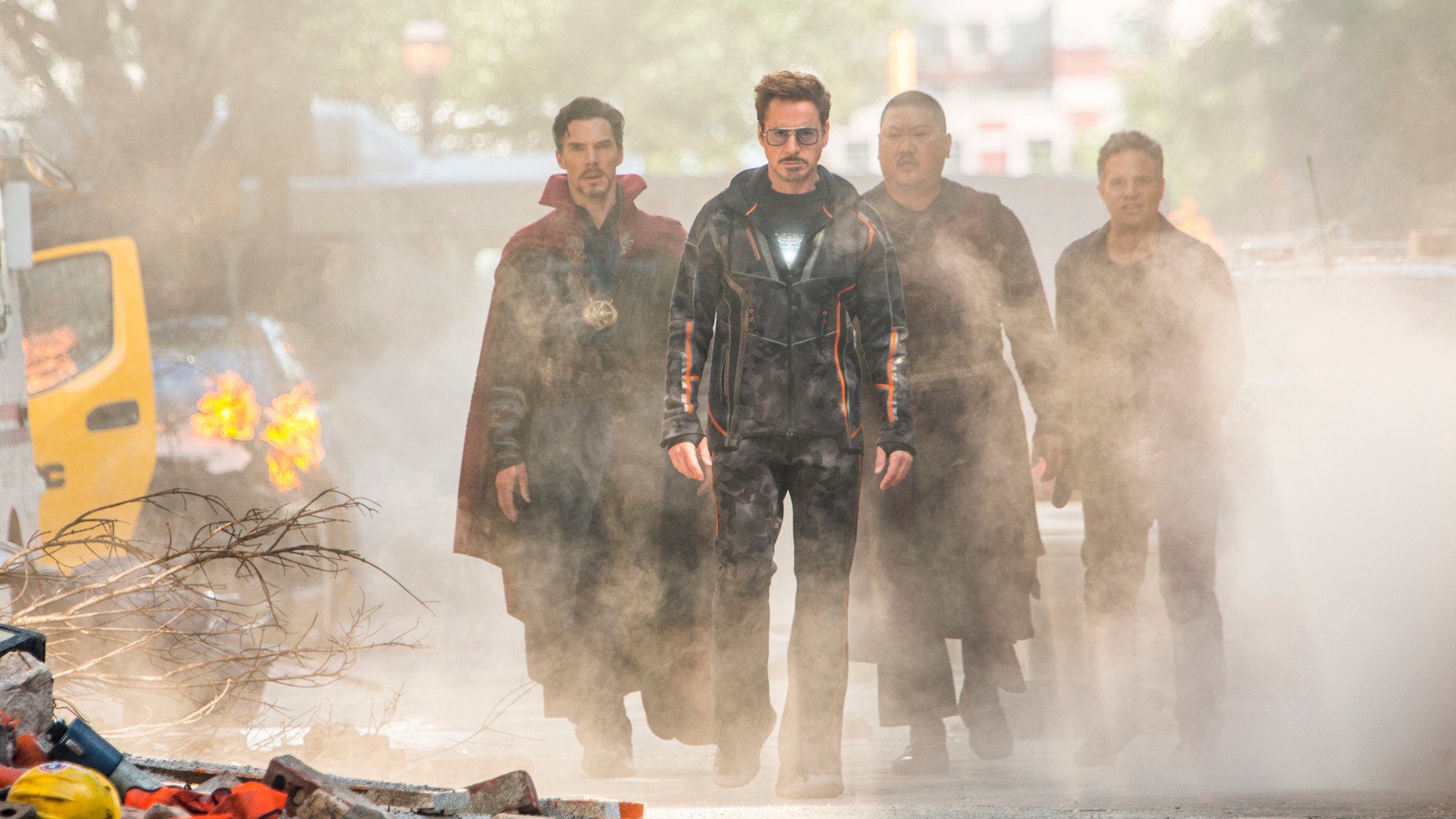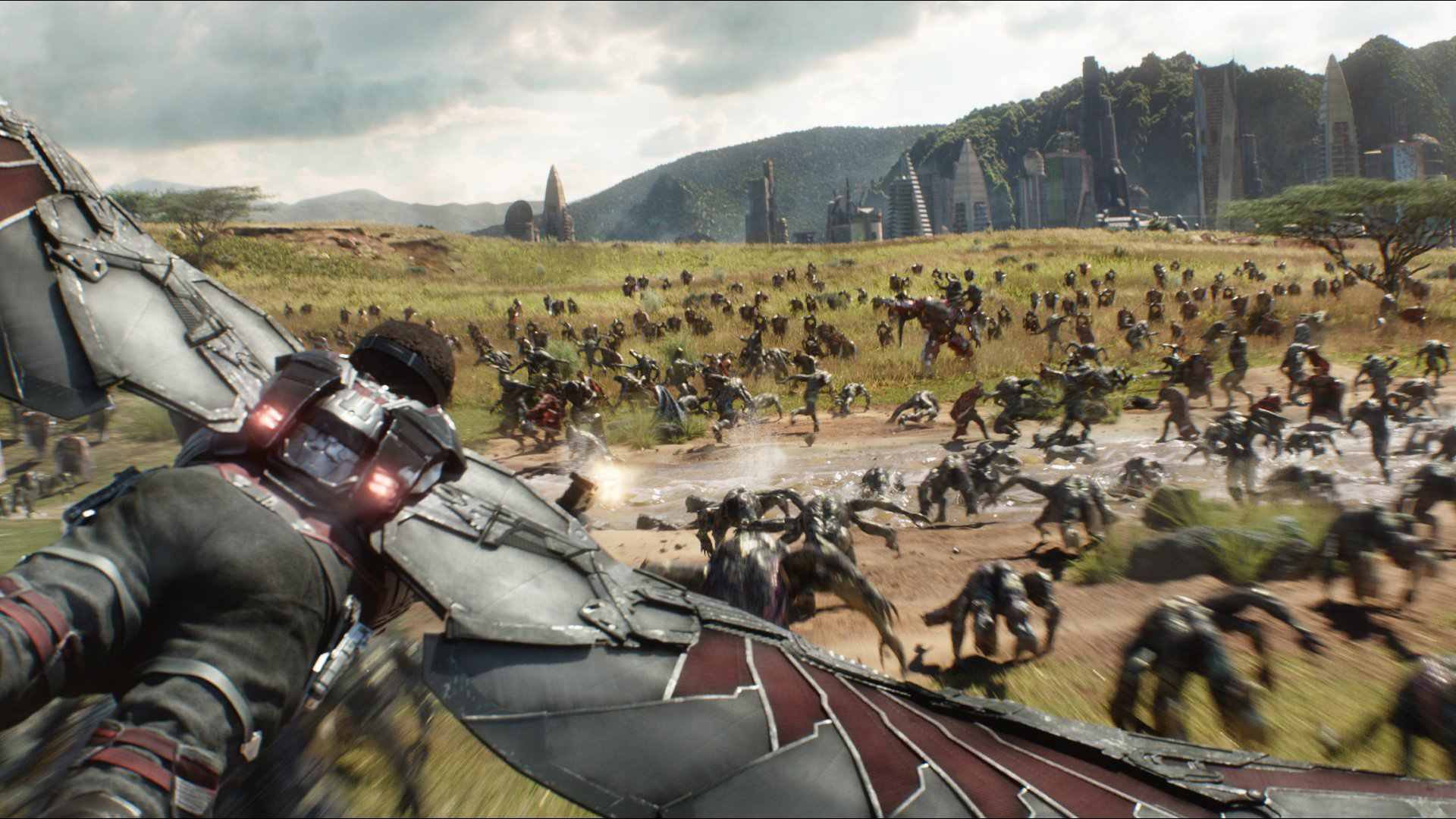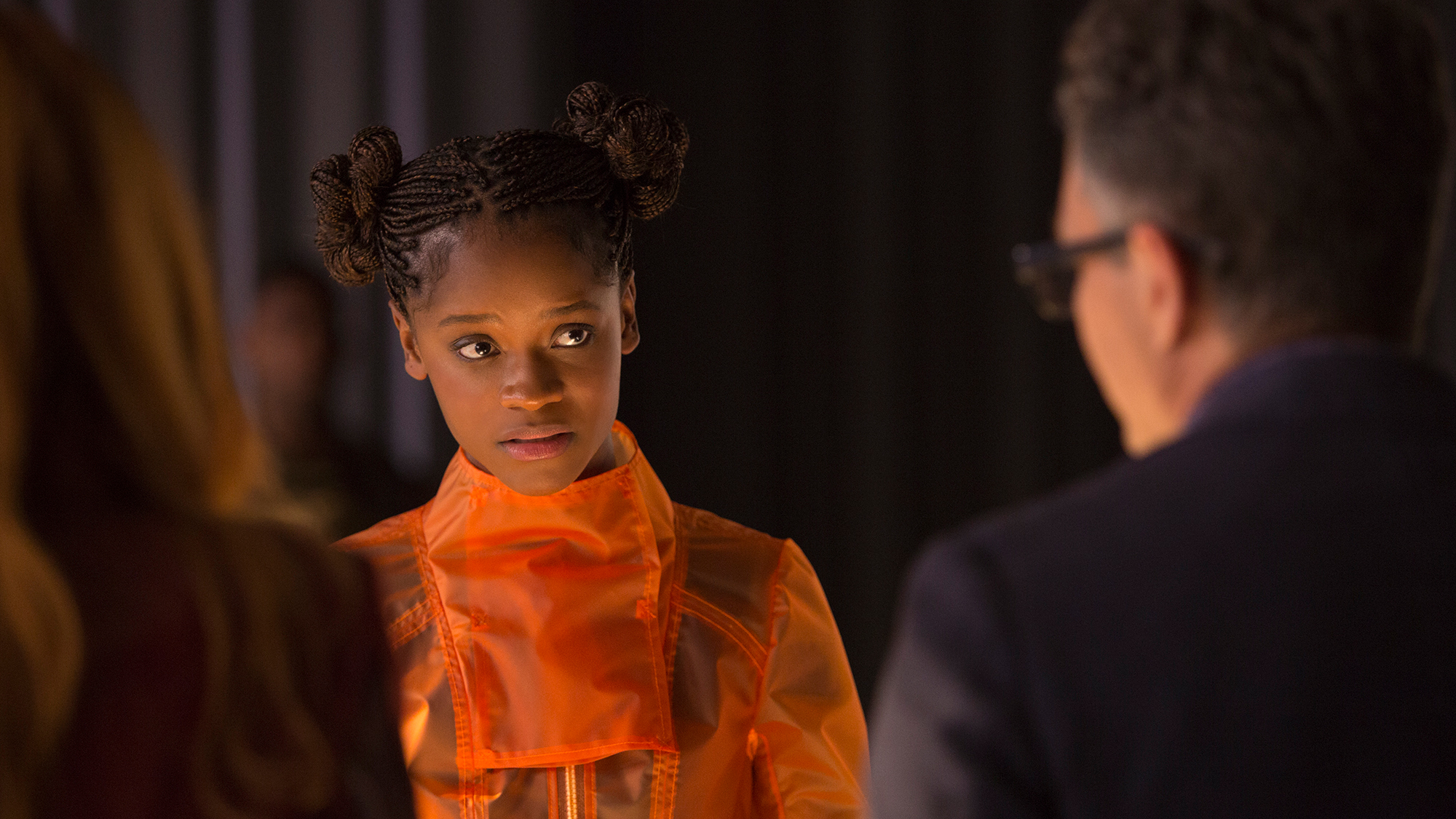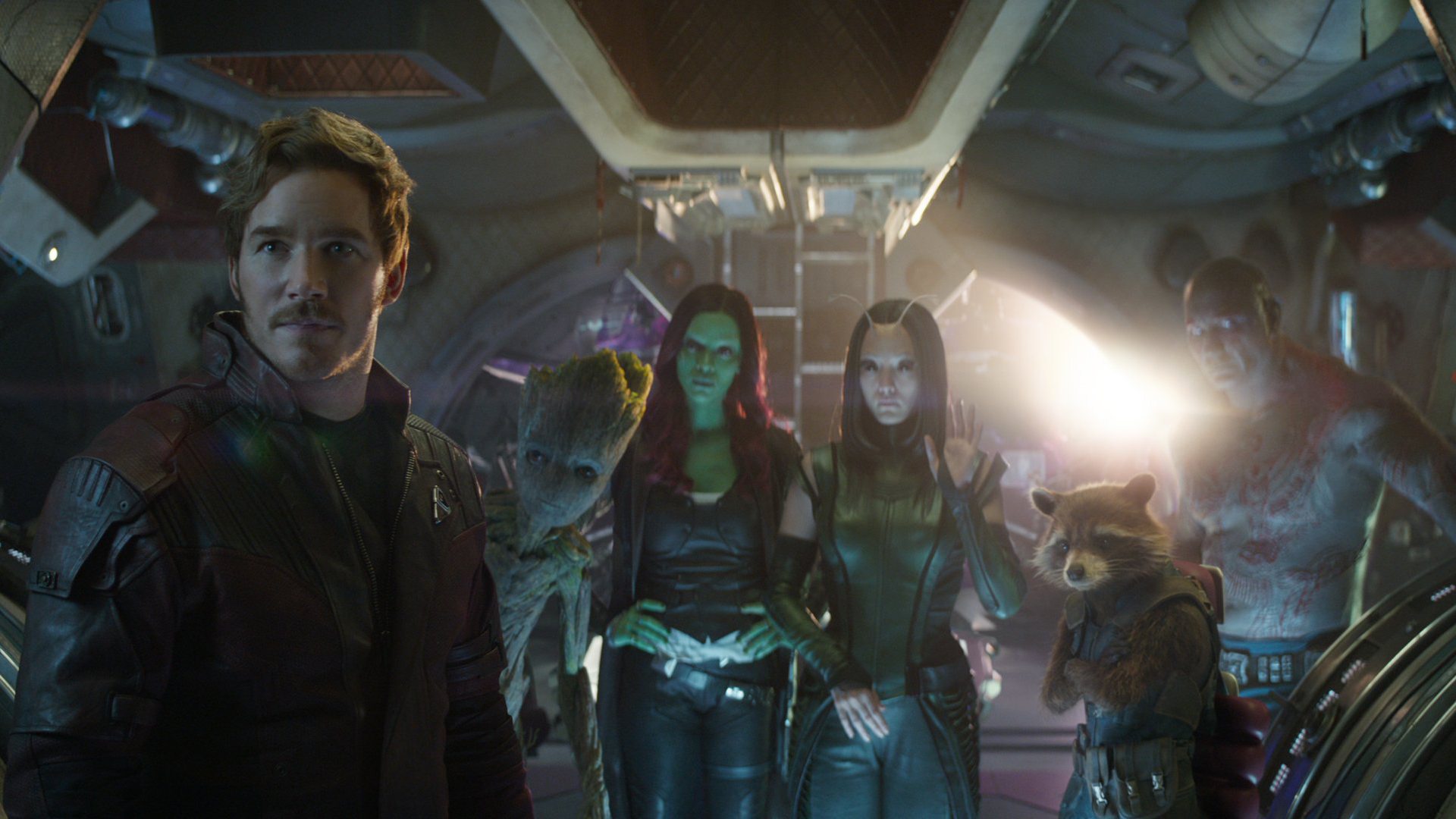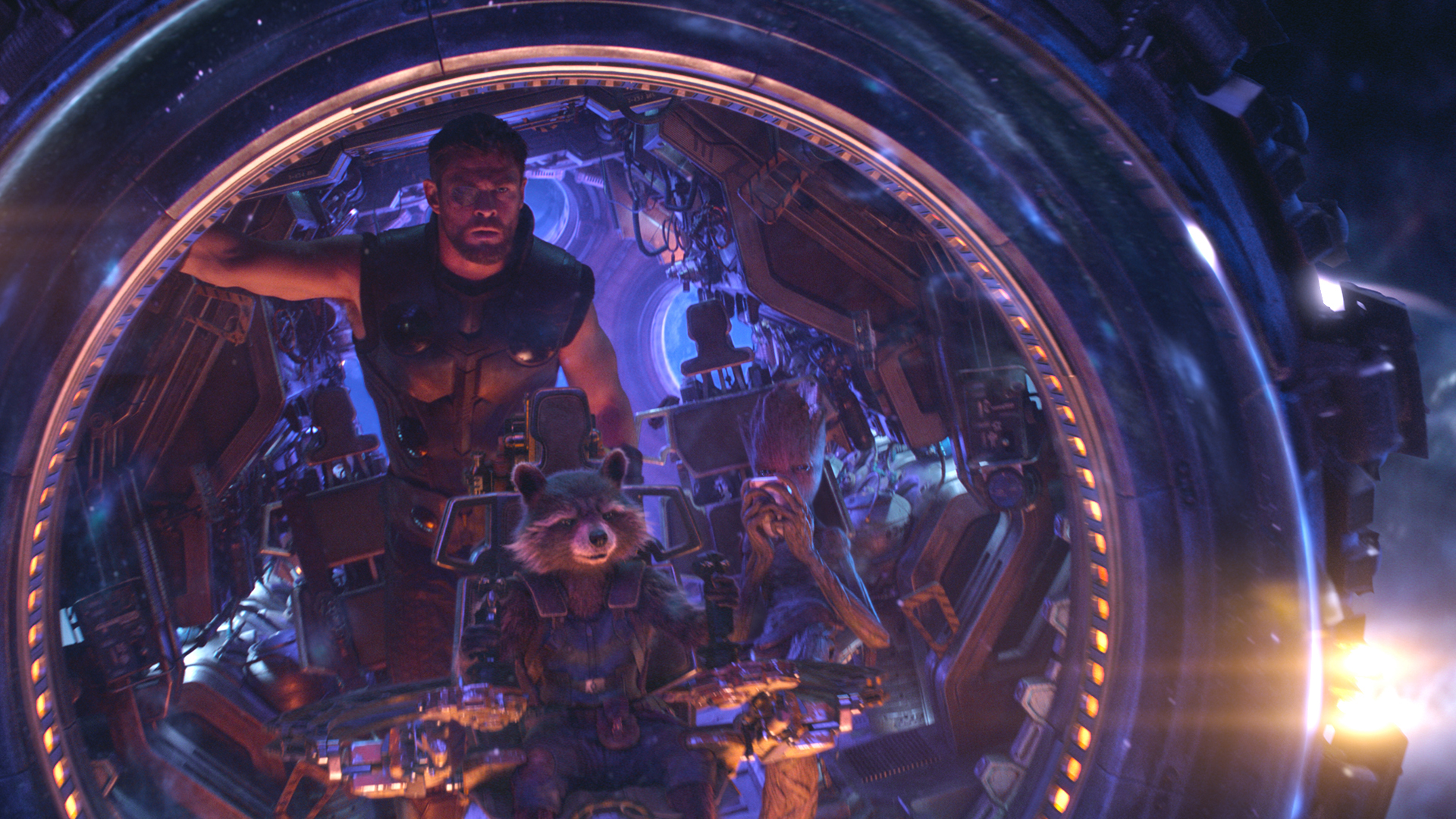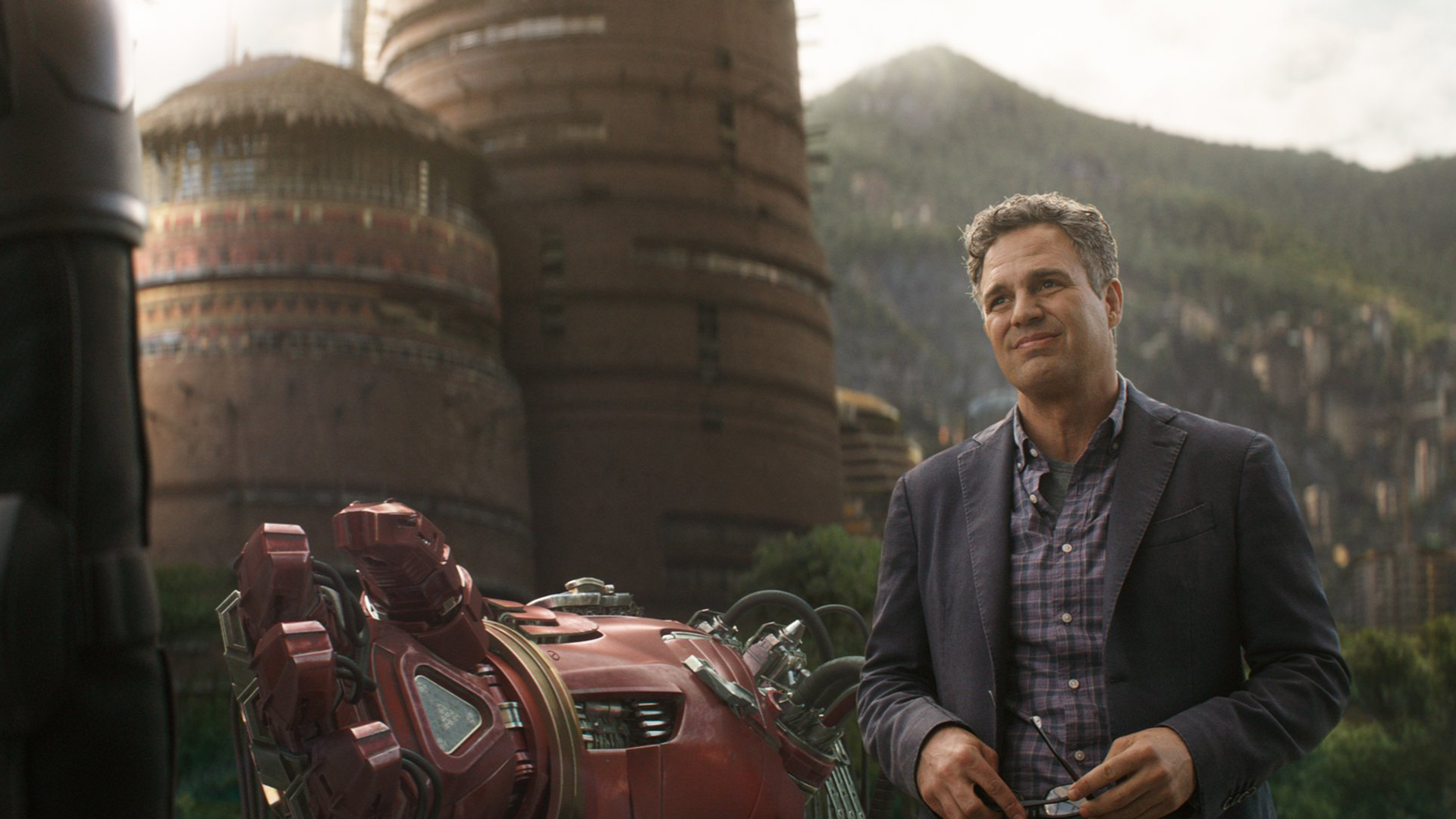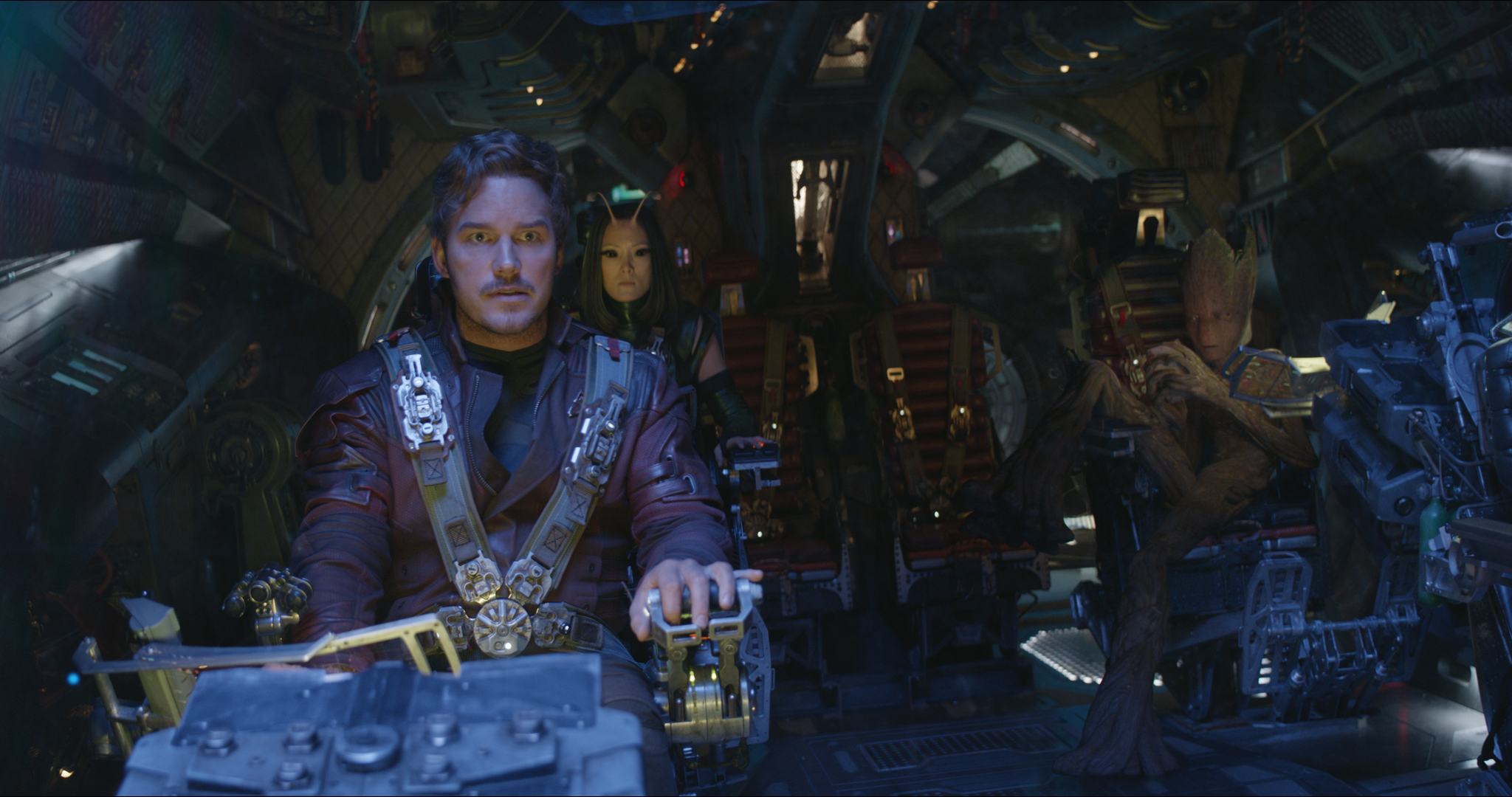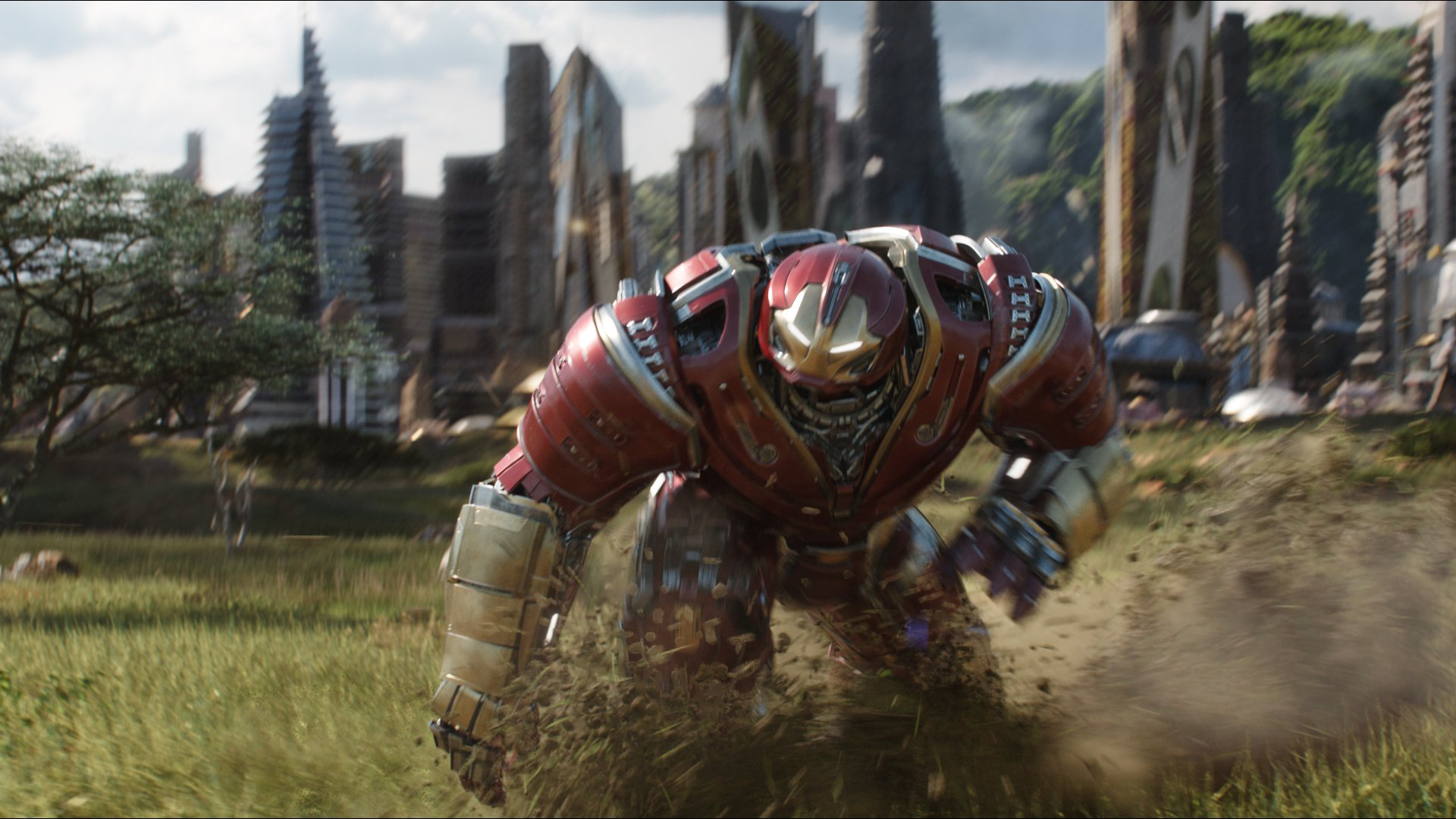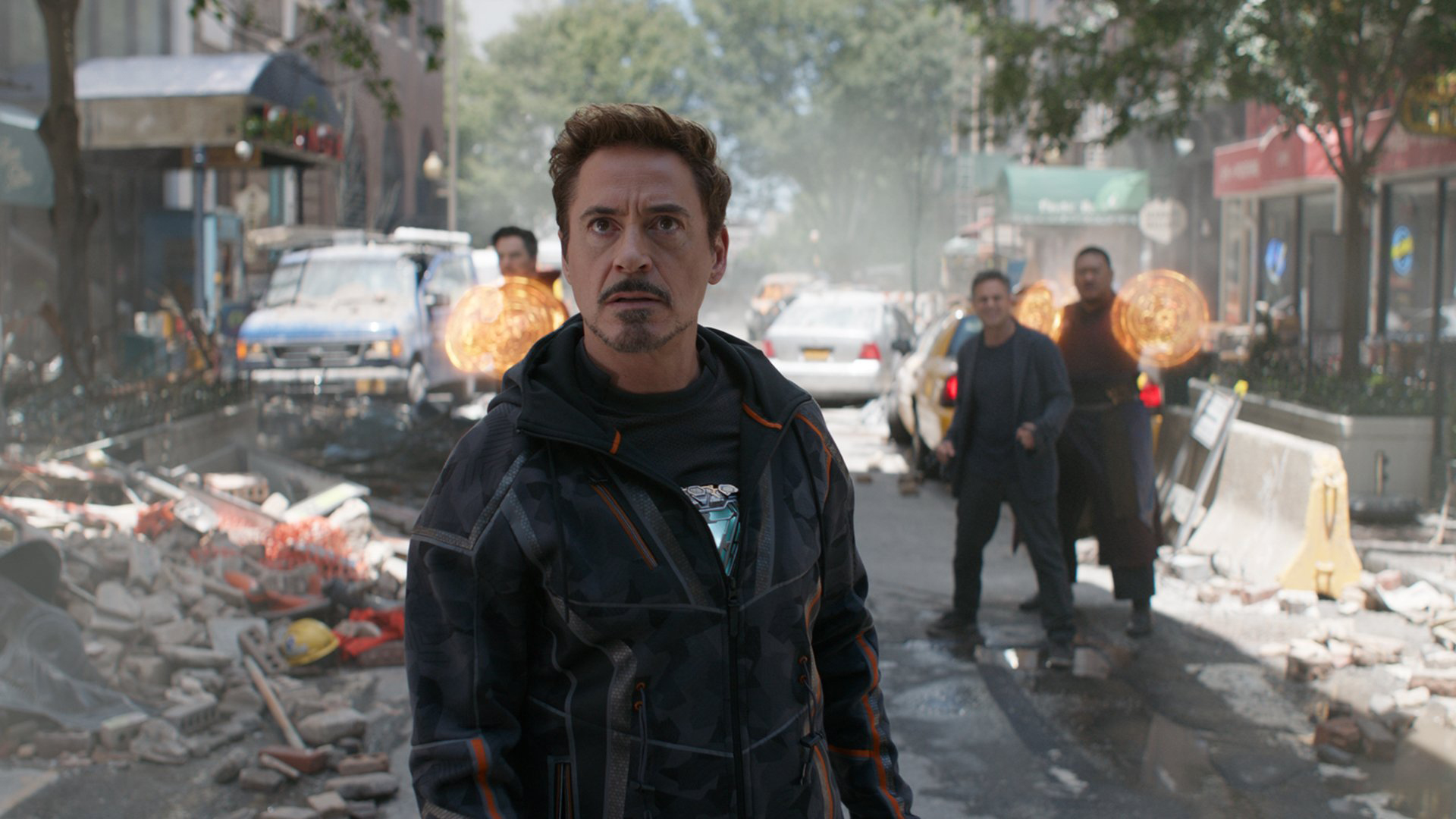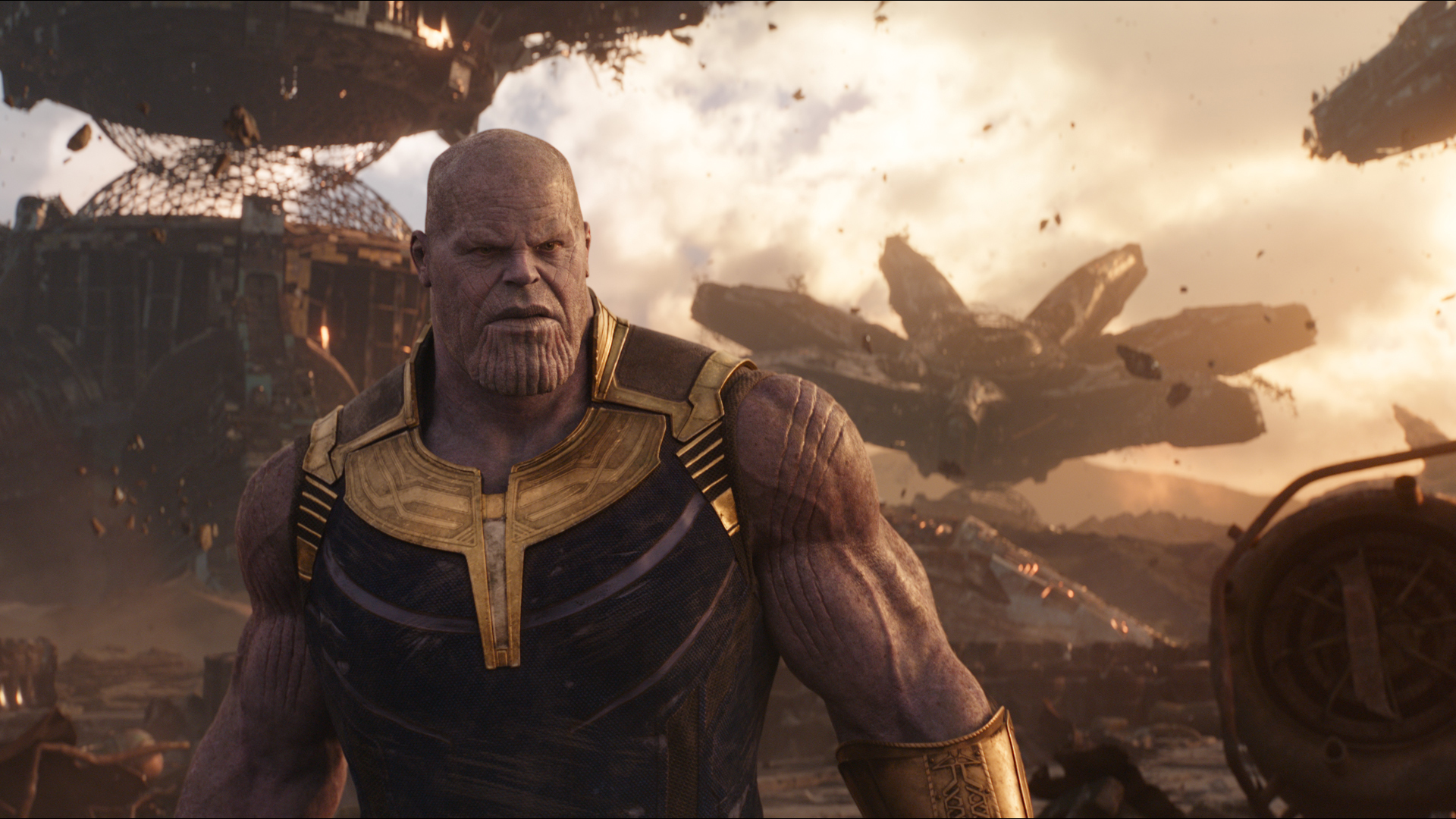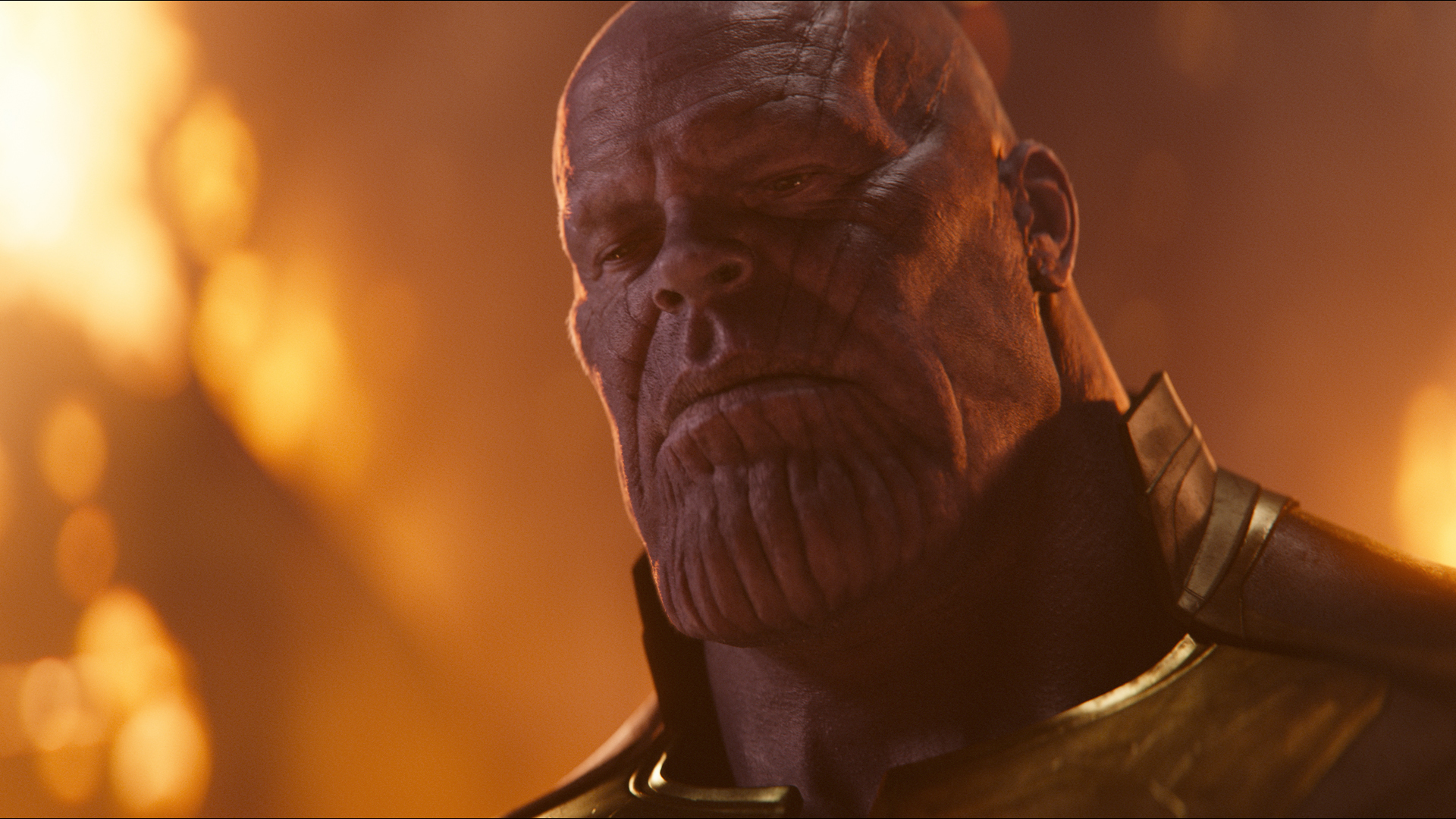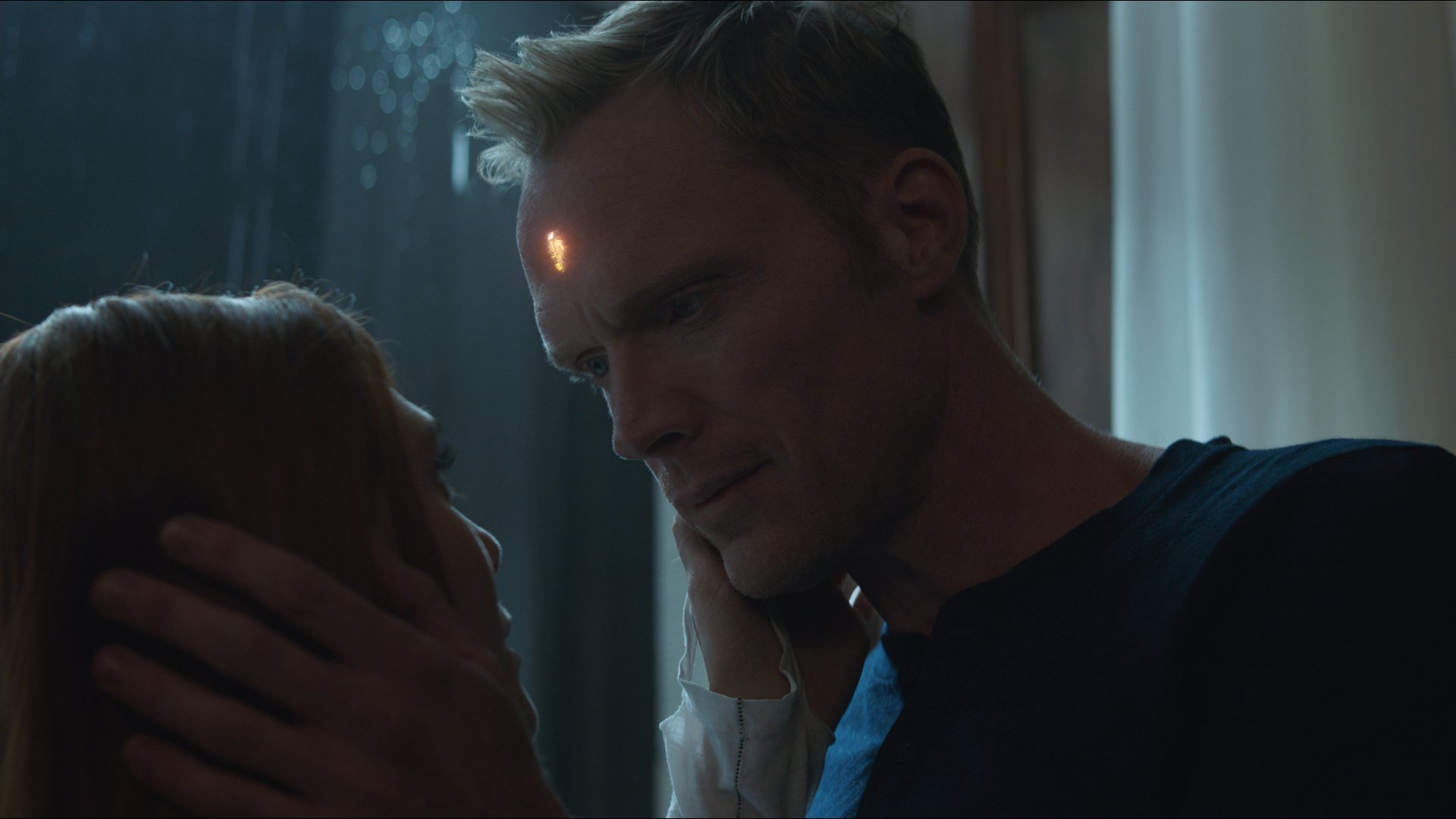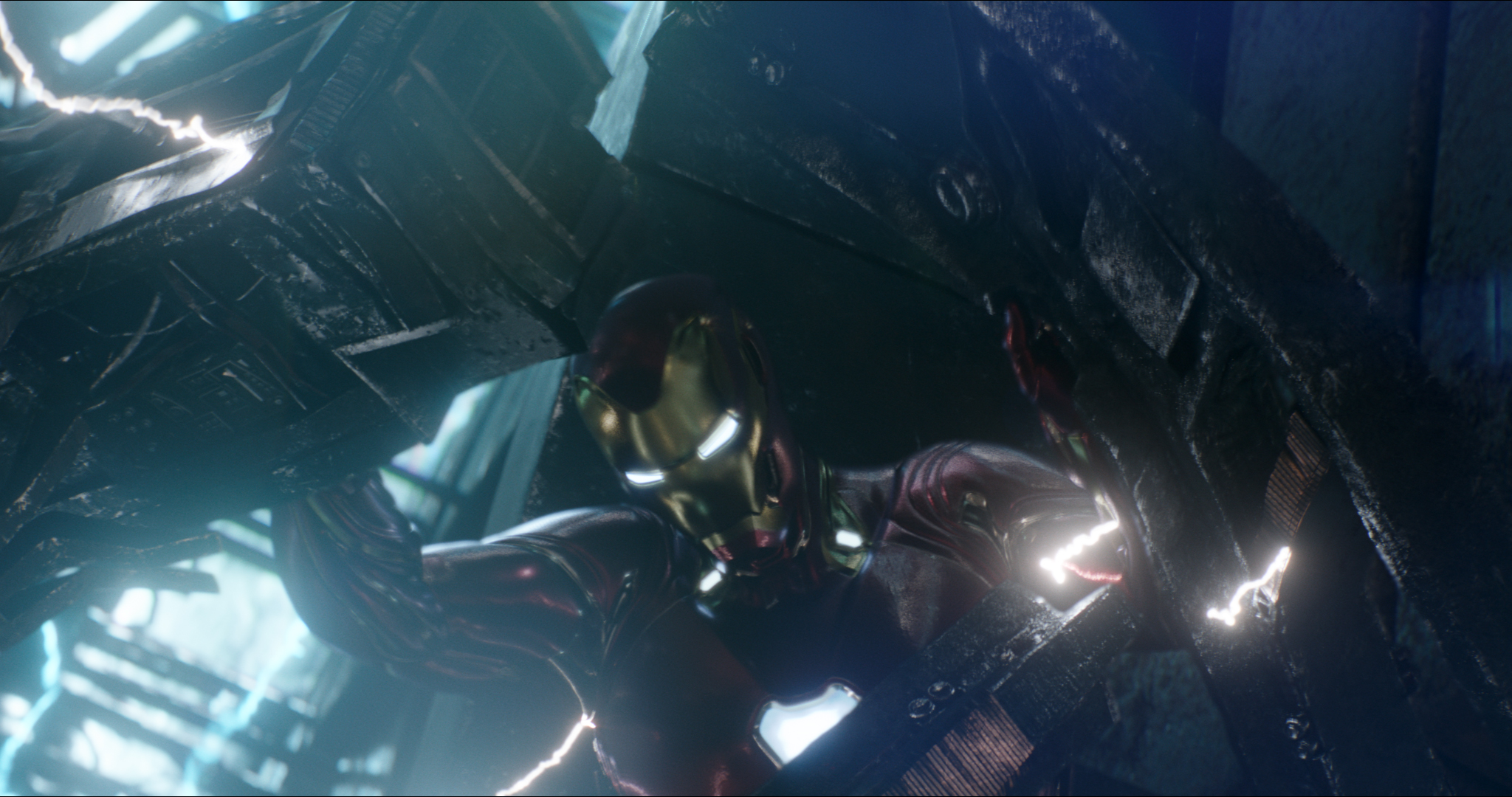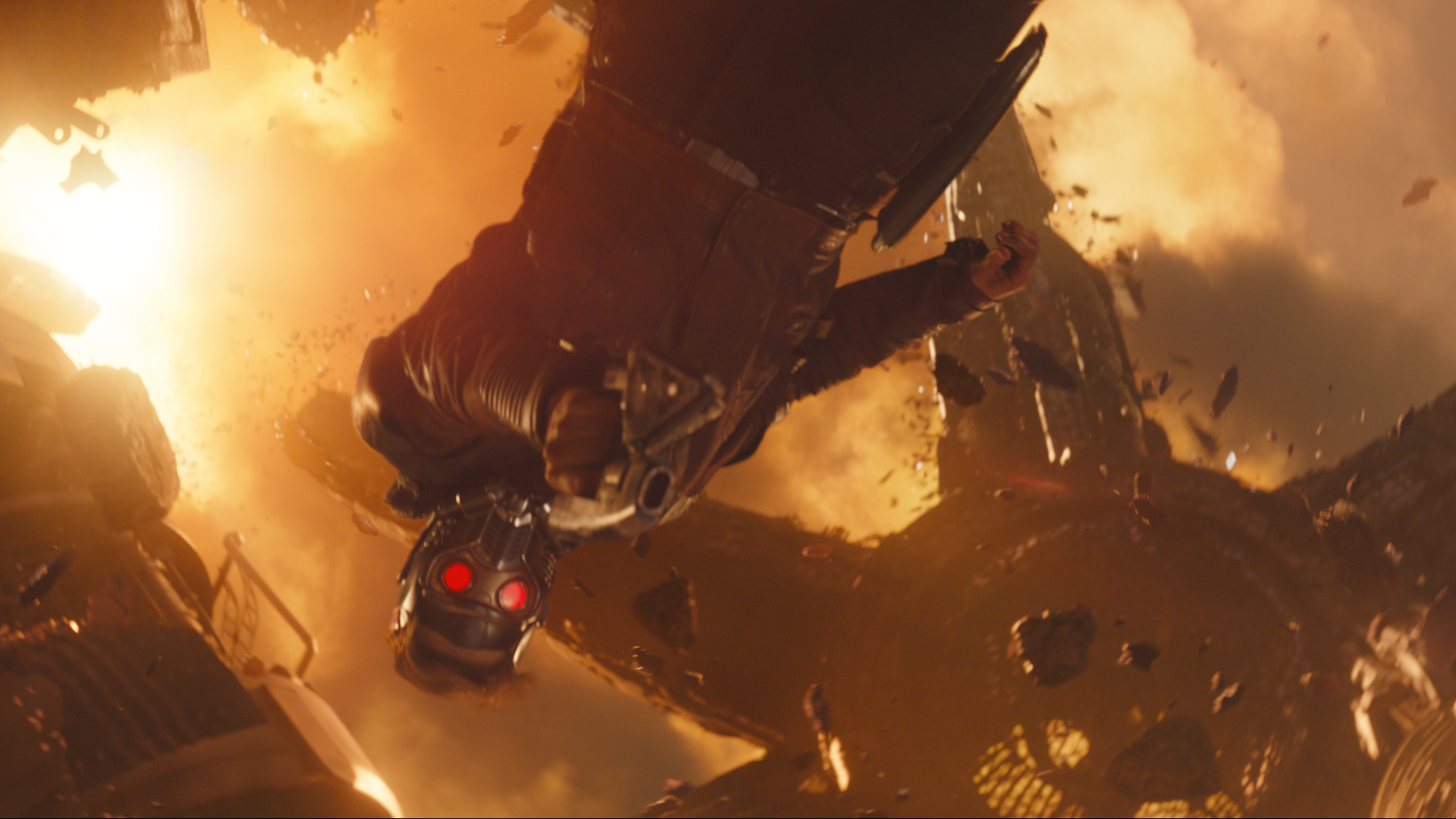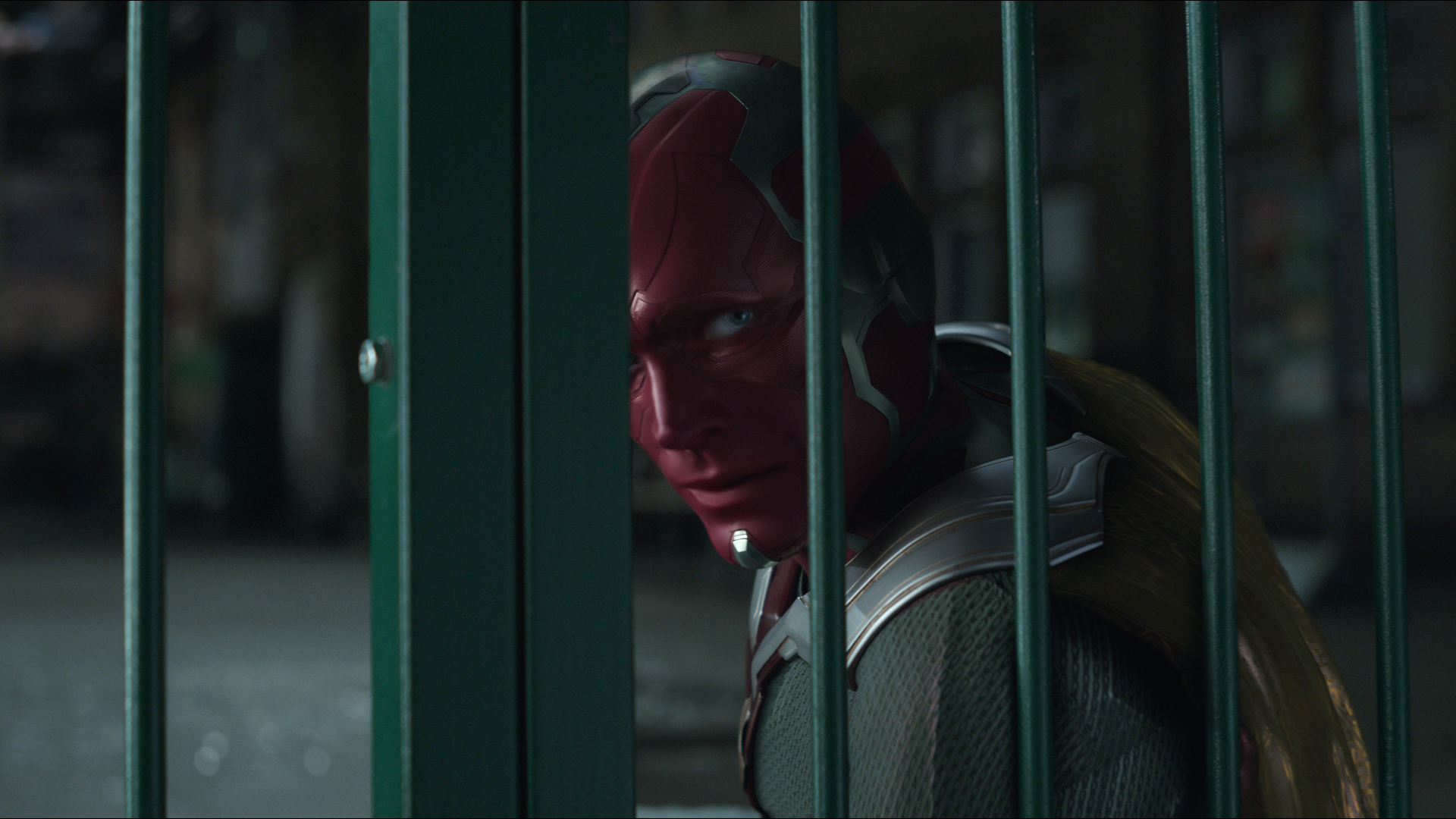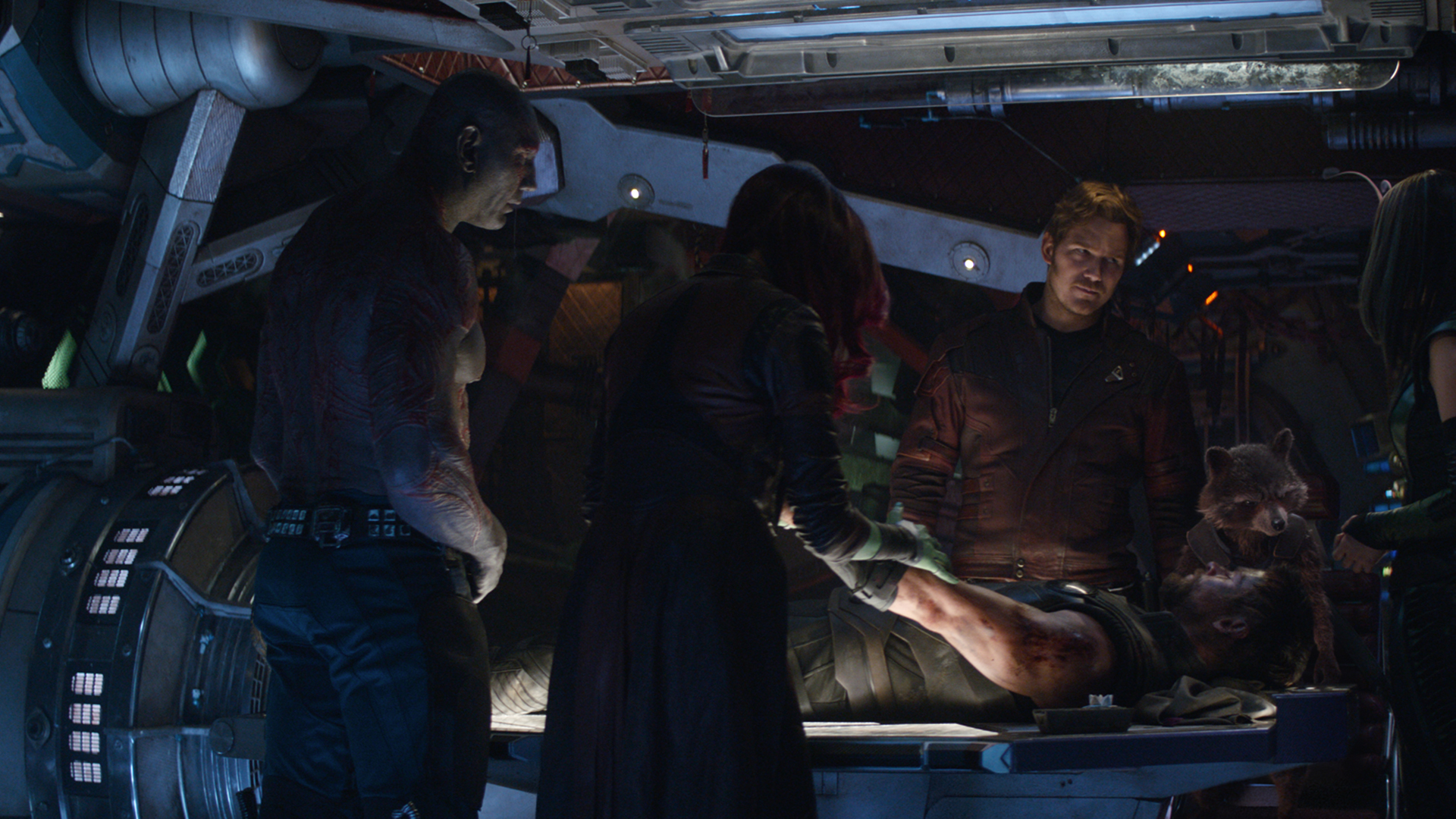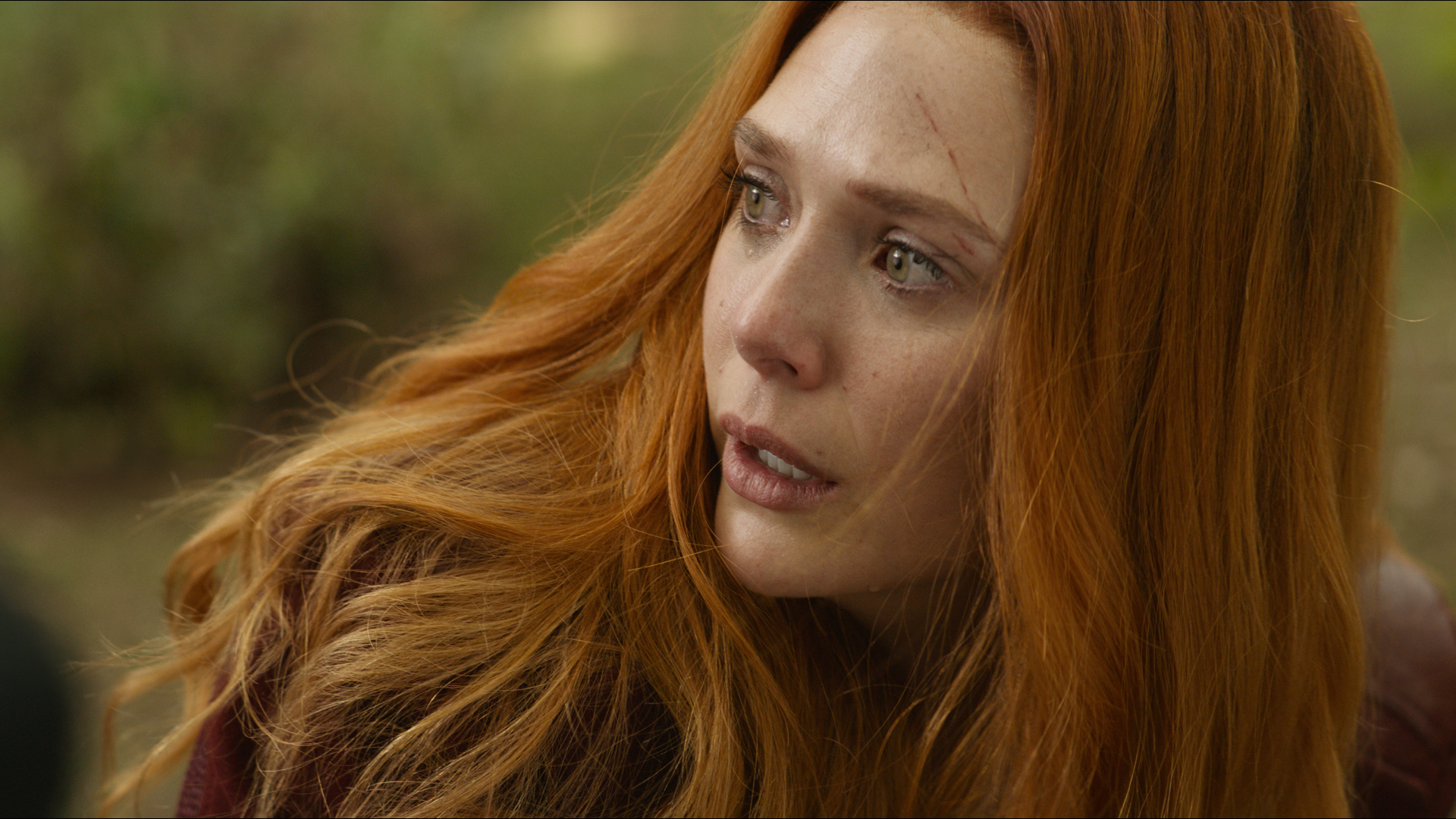Captain America: Civil War really marked a turning point for the Marvel Cinematic Universe. The big crossover film brought together a whole mess of heroes, throwing a double-digit number of film characters — the Avengers plus Ant-Man, Black Panther and Spider-Man — into a single movie.
It sounded like it’d be too many characters for one MCU story to handle, but directors Joe and Anthony Russo somehow managed to make a huge film feel small and intimate. Civil War balanced the brand’s focus on raucous action with character development that not only took into consideration the many heroes’ issues with each other, but also their arcs across so many movies before. It was the movie that proved all this time fans are investing in MCU movies is going somewhere, and not just pushing them to see more movies (and maybe buy some toys).
Infinity War is much more than the sum of its crossover parts.
Avengers: Infinity War has sounded like a movie with a lot of the same potential pitfalls Civil War once faced. It’s the culmination of 19 movies and a decade of work as Marvel has built its complex web of films, featuring a huge number of characters. In the Russo Brothers’ deft hands, though, Infinity War works much like Civil War did, building on the foundation so many other movies have laid before it to find fascinating new ways to challenge its superheroes. It might not be a perfect film — especially since it’s clear many of its hanging plot threads rely on Avengers 4 to tie up — but it’s about as good as something this big and unwieldy could have been, and it’s a blast to watch.
The man in purple
As any fan of the MCU already knows, Marvel’s films up to now have been building toward a huge, epic throw-down, when Thanos (Josh Brolin: Huge, purple and mostly CGI), a mega-powerful space villain, comes calling for the six all-powerful Infinity Stones. A few of the MCU movies have actually been about Thanos’ attempts to get the stones, with names like Space Stone, Reality Stone, Power Stone and Time Stone, which control the very elements of the universe. Previously thwarted, now Thanos is cruising the galaxy to finally accomplish his goal: Eradicate one half of all life in the universe.
Infinity War is mostly about various groups of heroes doing what they can to stop that from happening. Thanos sends his lieutenants, the Black Order, to Earth to get the two stones known to be there, where they run up against the Avengers. In space, the Guardians of the Galaxy and Thor (Chris Hemsworth), last seen on his way to Earth on a spaceship at the end of Thor: Ragnarok, try to stop Thanos’ forces from getting the stones previously seen in Thor: The Dark World and Guardians of the Galaxy.
It is true that there are almost too many characters for Infinity War to deal with satisfactorily, and a few heroes — Black Widow (Scarlett Johansson), War Machine (Don Cheadle), the Winter Soldier (Sebastian Stan) and Falcon (Anthony Mackie), most notably — do get shortchanged.
Brolin plays the towering Titan Thanos with a quiet power that gets at some tragedy under all that purple.
For the most part, though, Infinity War acknowledges that it can’t quite get into the heads of every hero on the roster to see how they’re dealing with the Thanos situation, so it focuses on the people most affected. Tony Stark (Robert Downey Jr.) has been dealing with post-traumatic stress related to the eventuality of a bad guy the Avengers couldn’t stop since his near-fatal moment at the end of The Avengers. Thor, fresh off the completion of his three-movie character arc in Thor: Ragnarok, is suddenly overwhelmed by the sense of responsibility he feels for the people of Asgard as their king. Vision (Paul Bettany), the android Avenger brought to life partially by an Infinity Stone in Avengers: Age of Ultron, struggles with balancing the life he’s barely begun (and barely begun to understand) against those of everyone else. And Gamora (Zoe Saldana), Thanos’ adopted daughter and the hero with the most baggage of any of them, can’t seem to separate her feelings of hate and love for the villain.
Those characters form the emotional core of the movie, with the rest of the heroes dealing with or reacting to them and their issues. Infinity War is really about Thanos, though; the Russos make the villain their main character, especially in the second half of the film. Brolin plays the towering Titan with a quiet power that gets at some tragedy under all that purple, especially when the movie turns the focus to Thanos’ relationship with Gamora. Laying the major focus on Thanos’ quest for the Infinity Stones, how he justifies that lust for power, and what it costs him, helps the whole story work without getting lost in its individual moving parts. It also makes Brolin’s Thanos a villain scary enough, and deep enough, to warrant so much ado over his arrival.

Thrills and grins
The other moving parts are pretty exciting, though. As expected, Infinity War is bursting with massive action scenes, bouncing from locations ranging from outer space and other planets to New York City and Black Panther‘s Wakanda. The movie combines various settings with an enormous scope rivaling anything since the Battle of New York in The Avengers.
The Russos know how to keep clarity in their action scenes, as evidenced in Civil War and Captain America: Winter Soldier, and the directors use the addition of things like characters who fly around to pepper fistfights with wide shots that keep the whole thing in perspective. The fun part of having a crossover movie like this one, though, is bringing so many unique visual styles and abilities together in one place, and the best part of Infinity War‘s action sequences is seeing so many different individual ideas and styles choreographed together. This isn’t just War Machine flying through the frame as Captain America (Chris Evans) punches a guy out: Everything here feels like an essential, well-planned part of a greater whole.
Surprisingly, the best part of the movie is how funny it is.
What really makes those setpieces work is the stakes, though. Culminating a decade worth of MCU movies means Infinity War isn’t forced to pull punches, and it goes hard from the start. This is a movie in which superheroes can, and do, die. Thanos really is the worst thing anyone in the MCU has ever faced, and Infinity War doesn’t hesitate to convey that not everybody is going to make it through this one — which makes its many action scenes all the more powerful.
Surprisingly, though, perhaps the best part of the movie is how funny it is. Infinity War most often excels in dialogue, using those weird meetups of characters like Peter Quill (Chris Pratt) and Doctor Strange (Benedict Cumberbatch) to create hilarious, yet endearing moments. They’re a shorthand for character development that was made in other movies, but they’re always great, and they pay off that investment across so many stories. Infinity War‘s ability to manage break-neck turns from great jokes to tense, life-or-death stakes is an impressive feat of Stephen McFeely and Christopher Markus’ script, and might be, more than anything, what keeps Infinity War afloat when it otherwise might sink.
There are weaknesses in Infinity War, of course, and it should come as no surprise that they’re largely related to its enormous size.
The film tries so hard to bring in every hero and character that it can’t quite handle them all, and the result is a film that isn’t quite as intelligent as Black Panther or as balanced as Civil War. The movie not only pays off the audience’s investment in the MCU, but it also requires it, and trying to view it casually will result in plenty of jokes that don’t land and plot points that seem a little confusing. Then there’s the fact that the real conclusion of the story is Avengers 4, and despite a runtime pushing two-and-a-half hours, Infinity War leaves quite a few elements of feeling inconclusive and a little unsatisfying.
Despite its drawbacks (and its sheer enormity), though, Avengers: Infinity War is engrossingly, overwhelmingly fun, even as it feels like a suitably weighty climax of so many stories. Combining phenomenal action scenes, smart and fun humor, emotional gravitas, and unprecedented stakes isn’t just an impressive balancing act — it makes Infinity War something special, and much more than the sum of its crossover parts.
